It’s no secret that we love NFTs. But in the grand scheme of all things DeFi, they haven’t really been top of our priority list. Until now…
Courtesy of the honourable Ben, I recently came across a project that really got my DeFi senses tingling.
It goes by the name of @PotionLabs.
A word of warning: it takes a lot for me to get this hyped about a project, so there’s a lot to discuss here. You know I like to go on. So take a seat, grab a drink, hang a Do Not Disturb sign outside your door… whatever you need to do. This is an article that requires your full attention.
Firstly - and this is no small feat - there’s the pressing liquidity issue in crypto options that the Potion Protocol has been designed to solve. If that wasn’t enough, there’s also the compelling NFT launch mechanism that will release this protocol into the public domain whilst bootstrapping a decentralised community.
Every single aspect of PotionLabs has been meticulously thought through, so let's go through them. Did I mention I was excited about the launch?
The issue: why crypto options are the black sheep of DeFi
I like to think of options as the overlooked middle child of the decentralised finance family. In traditional markets, the gap between futures and options volumes could be considered negligible. In our beloved crypto world, however, options trading makes up only a small proportion of the slowly flourishing on-chain derivatives market.
Why?
The fact is, current options protocols are not designed with crypto volatility in mind. Pricing risk using the Black-Scholes Model (BSM) leads to a high risk of bankruptcy for writers of crypto options, yet modified versions of the BSM still remain the gold standard for the industry. This creates a less favourable environment for liquidity providers (LPs), resulting in a less appealing market for traders.
The solution: new maths for a new world
For crypto options to blossom, we need an intuitive and risk-adjusted way for LPs to write options contracts without excessive risk. It’s a matter of pure logic: higher liquidity → tighter spreads → increased trading volumes → favourable market!
This is where Potion Labs comes in. Instead of using the BSM, their options protocol is based on the Kelly Criterion.
Kelly What?
The Kelly Criterion, risk management’s best-kept secret. Originally developed by John Kelly in the ‘50s to help AT&T determine long-distance telephone signal noise (don’t ask), the mathematical model was later picked up by horse racing enthusiasts interested in determining the optimal bet size based on a predicted outcome. These days, it’s a tried and trusted method for risk management tycoons such as Taleb, Buffett, Simons and Thorp.
To illustrate why the Kelly Criterion is a great fit for crypto, I’m going to use a simple coin-toss analogy.
Imagine a two-sided coin that is slightly weighted in your favour 60% of the time. If you play long enough, this edge should result in you winning roughly 60% of the coin tosses.
So, what is the most optimal strategy?
Some of you (judging by the many money requests I receive in DMs 😂, please stop), might use the edge as an excuse to go all in. Others might more sensibly decide to bet a percentage of their bag - say 10, 20, 50 or 99%. But what’s the ideal amount?
The Kelly Criterion can tell you.
Does this mean you have been doing it all wrong? Yep, you heard right, there is a right way. The beauty of the formula is that it calculates the optimal amount of risk that will maximise your edge in the long term. Bet like the house, win like the house.
Or as Nasim Taleb would say, “Smoking one cigarette won’t kill you, but repeated smoking over years will. Kelly wouldn’t allow this”.
Full disclosure: that’s a quote I picked up on my deep-dive into Potion Labs. It’s too good not to copy-paste here. As is his hilarious yet brilliant description of “going bust on a fair bet”.
https://twitter.com/nntaleb/status/1229799216312180739?s=20&t=8Dq-Hyf3PvwCWmsMf70BXA
Yes, but what’s the perfect percentage????
As you can see in the Kelly chart below, the optimal bet size is found at the highest point of the curve, which in this case is around 20%. Bet that over the long-term and you’ll eradicate your exposure to extreme capital losses.

Info: Kelly Academy - Potion Labs.
Based on the expected variable of volatility, the Kelly Criterion allows options writers and traders to take on calculated risks based on optimal premiums.
To sum up: To avoid going bust with DeFi option products, risk needs to be adjusted. This allows the short-term focus on gains for the few to be replaced with long-term sustainability for the many. After all, that’s the whole point of DeFi right?
Potion Labs certainly thought so. They transformed all of this insight into their very own Kelly Machine, powered by a premium bonding curve similar to the x*y=k formula you see with Uniswap and its forks.

The Kelly Machine allows LPs to price options for sustainable growth without the need for an oracle. Remember, this is not a make-it-all back-in-one-trade scenario.
I do believe this could solve the issue discussed in the opening of this article and if so the possibilities for growth are extremely exciting.
Head over to the Kelly Academy to plug in some numbers yourself, or run a simulation through the Potion Analytics Dashboard if you want to get a feel for how the protocol works in practice.
The juicy bit: a novel NFT game that speaks to DeFi’s ethos
I know that shifting the DeFi options market paradigm is pretty juicy news in itself, but I’m pleased to say there’s more. In fact, in however long I've spent reading, writing, and researching DeFi projects, I can safely say I’ve never seen anything like it in this space.
Introducing… Potion Unlock!

The genius of this game lies in the creation of 10,000 NFTs, designed as pages from a ‘Kelly Dictionary’ in homage to the criteria underlying Potion’s breakthrough protocol.
There are 6 classes of NFTs, two of which (Wise Wizards and Kelly Knights) were distributed in a $12M private sale to key DeFi players last January, highlighting that I’m not the only one overly excited by the protocol.

A not-too-shabby selection of private sale backers
In addition, OG (Original Gangster) NFTs were awarded to early contributors in recognition of their loyal support, with the final 1,000 of these airdropped to a variety of prominent DAOs. These early-stage strategies were designed to diversify and strengthen the burgeoning Potion community.

The 6 NFT Rarities
The remaining Potion rarities (Fellowship, Advanced and Legendary) are going to be auctioned out from 14th to 24th March. I’ll cover the essentials of how to participate in a second.
But first, what’s so special about these NFTs?
Each of the 10,000 NFTs will have a portion of an extremely long password embedded into their metadata. From there, once fully minted, the holders of the NFTs will have to somehow band together to bring the pieces of the password together. Once enough pieces have been revealed, the Potion protocol, stored in IPFS.io, can be decrypted and released to the public domain. Being on-chain and open-ended in nature, Potion Unlock represents a novel method to open-source a protocol through “aggressive decentralisation”.
Why do I love this innovative approach?
- It provides a huge incentive for community participation - it’s up to them to decide how to come together… a DAO is only of the many exciting options I can imagine
- It removes regulation issues (PotionLabs only develops and releases the software)
- It’s the most decentralised protocol launch I’ve ever witnessed
I know what some of you are thinking: what if people do not remember or care to unlock their password to enable the protocol to be released? Well, there is some redundancy in each NFT password segment, which means the protocol can still be unlocked by a majority. This, along with the different levels of decryption power held by each NFT means the players have an incentive to unlock.
The practical bit: how to invest, from onboarding to decryption
Given that brief (ish!) overview of Potion Labs and their innovative product, it’s time to get to the important stuff.
I’ll now outline the steps needed to participate, but you can also watch the overview video below to get an idea of how Potion Unlock will work in practice.
https://www.youtube.com/watch?v=fis_o3J56t4
Step 1: Get Whitelisted

To start, you’ll need to sign up and register a Metamask wallet on the Potion Unlock website. This allows Potion to issue invoices for the NFT purchase and to check KYC if necessary (for example, if you’re resident in a greylisted country).
I’m from the UK but based in Asia, so I was asked to provide a little more info. Saying that, all in all the process took around 2-3 minutes and was confirmed within 30.
Please bear in mind that this wallet you wish to mint from has to be ‘vanilla’, meaning that it cannot be connected to a hardware device. If you are concerned about this, I suggest creating a burner account and only transferring funds over once you are ready to mint.
Why is this process worth it?
I’ve seen countless projects that launch NFTs only to be completely destroyed by botting attacks. Given the incredible amount of hard work and effort put into this protocol, the formalities seem worth it from my perspective.
Step 2: Minting

Selecting the Fellowship NFT to mint
Following registration approval and the public sale launch (scheduled for the 14th of March), head over to Potion Auction to choose the type and number of NFTs you wish to purchase with USDC.
A dutch auction mechanism will be put in place - this means that each class of NFT will be allocated a starting price, which will drop over time if there are no buyers. You can either pay the starting price to guarantee an NFT or you can try to wait for the price to drop to a price point you find attractive. Be warned: these things will go quickly and if people are inclined to snap up multiple NFTs at once, waiting around might leave you with nothing to buy.
I don’t say this to hurry people into buying at a premium. All I am saying is that you know how laggy Ethereum can be during peak times and if you are waiting around for the same price as everyone else, it's a risky game to play.
Step 3: Claiming Your NFTs and Decrypting Your Secret
Once you have successfully minted your NFT(s), you can choose when to decrypt and reveal your secret (enabling the protocol to be unlocked), through the ‘Claim’ tab.

Again, this will be prompted in your Metamask wallet (no gas required).
After that, head to the Reveal tab.

Bear in mind that you may want to hold on to your secret at this point to increase your leverage in the game. How the Game Theory aspect will play out is anyone's guess, but the open-ended and decentralised nature of the project is such a huge draw to me.
The community has already been discussing Ideas like collaborating through a DAO, a decision that would have to be made independently from PotionLabs, who won’t participate in the deployment or operation of the protocol’s code. If you decide to reveal, you can confirm and pay the gas fee in your Metamask. Once revealed this is in the public domain forever - so team up with other players and make your decision wisely!
Summary:
- Gas to mint
- No gas to claim
- Gas to reveal
Step 4: Collective Decrypt

Once a sufficient amount of password reveals has been decrypted, anyone can theoretically take the full password and use this to unlock the Potion protocol. The toolkit is available HERE.
This is where the real fun begins and it's going to be a wild old time watching this unfold.
If you are wanting to find out more regarding the artistic representations of the NFTs you can read this article below. They are not just a bunch of strange shapes and images. As with everything to do with Potion, they have been meticulously thought out and have an incredible depth of meaning.
https://potion-protocol.medium.com/potion-unlock-nfts-deep-dive-on-design-fedc334d8b61
Conclusion
In my opinion, this is the most innovative and decentralised launch of recent times. The beauty is that it weeds out the tourists that come along for the short run and throw mercenary capital at early-stage projects for speculative price appreciation.
Because this is not as simple as ‘buy and number go up’, I believe it will attract the right kind of investors/community members, which lends itself well to longevity and sustainability.
Where do tokens come into this dynamic? Well, I am purely guessing here, but given that the protocol will be released into the public domain, I suppose it’s up to the NFT holders to decide how tokenisation comes about (IF, of course, they agree to create a DAO).
Even with a tinfoil hat on I can safely assume that NFT holders will be the beneficiaries of any further governance or utility token that the community may decide to build/develop or release… but that should be done independently from PotionLabs, who believes in decentralisation and leaves the deployment and operation of the code in the hands of the community.
This is when the stragglers will come to buy your bags.
This fortress of anti-botting, anti-regulation, and anti-tourist has all the hallmarks of a brilliant project that this space has been crying out for, for quite some time.
I will leave the details of the launch below if anyone wants to participate and before we Unlock the Potion (or not), I will see you in the Potion Discord to decide where we want to take this protocol. I’m ready to play!
Potion Labs Resources -
Website - https://www.potion.fi
Auction/Whitelist - https://potion.auction
Twitter - https://twitter.com/PotionLabs
Newsletter: https://potion.substack.com
Discord - https://discord.potion.finance
YouTube - https://www.youtube.com/channel/UCgRYnR6l4vXSmTOb20GqFbA

































%202.webp)


.webp)

.webp)
.webp)
.webp)


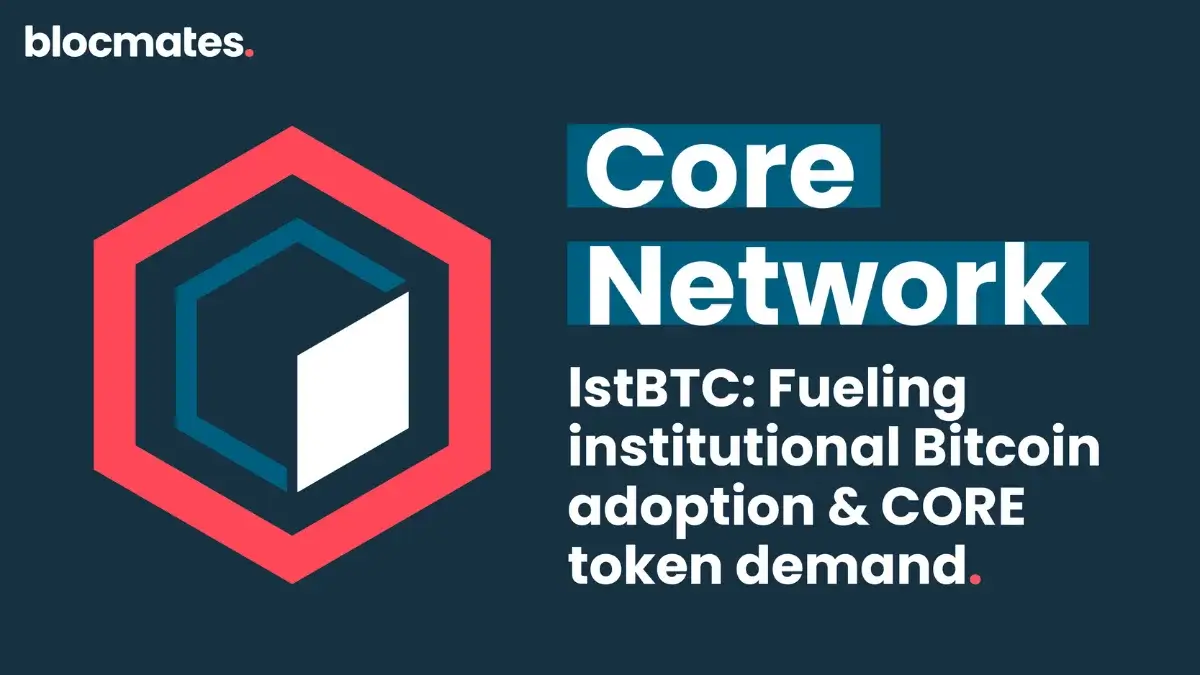
.webp)

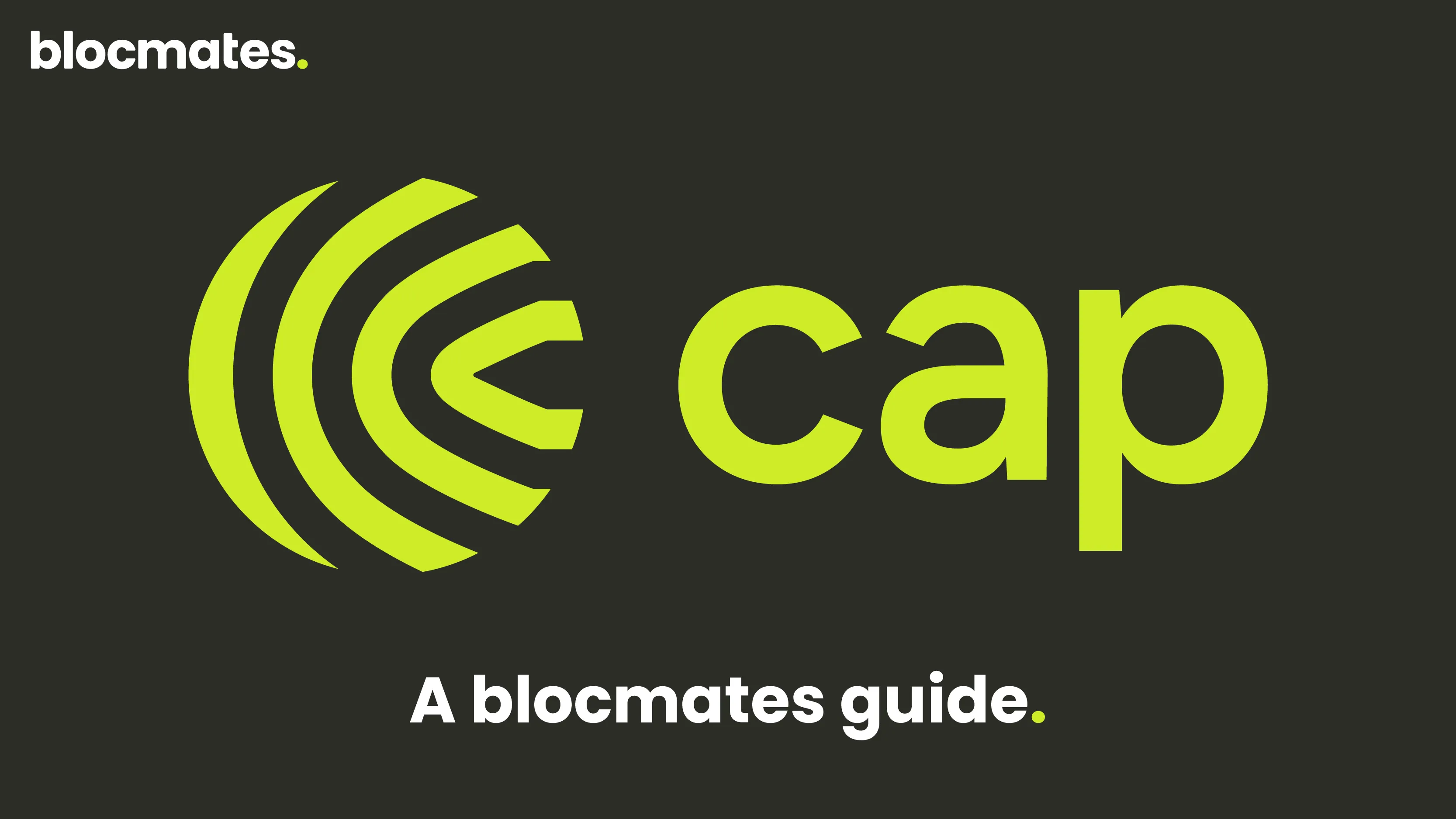










%20the%20Next%20Big%20Unlock%20in%20AI.webp)








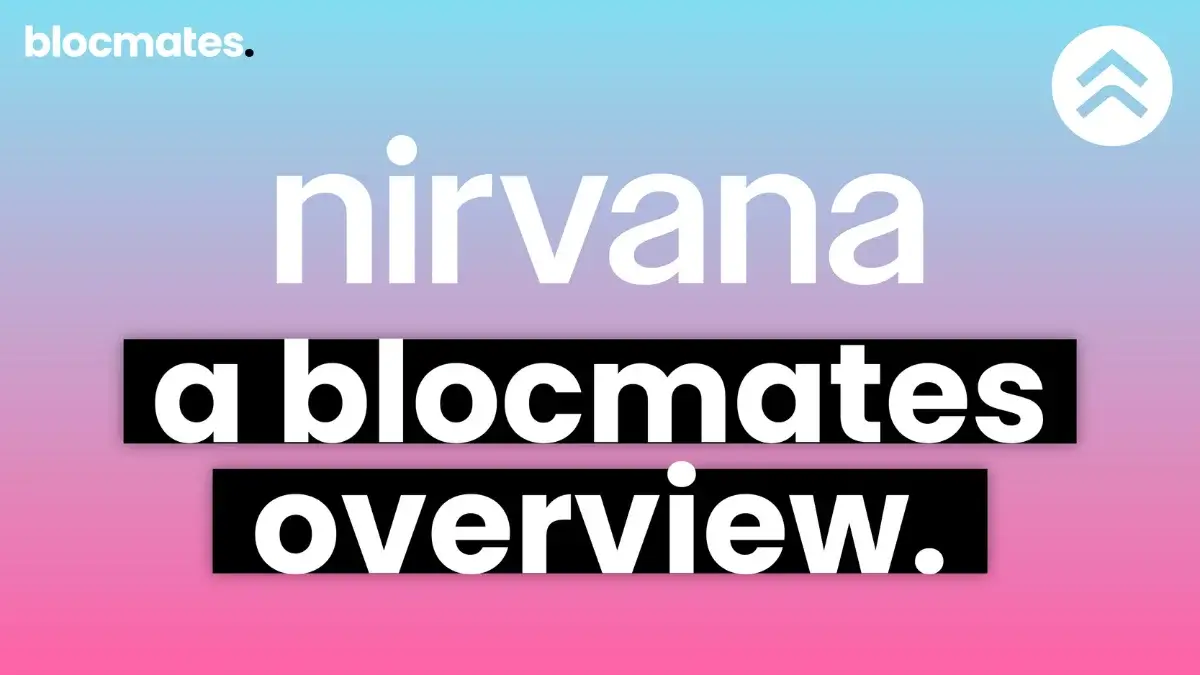








































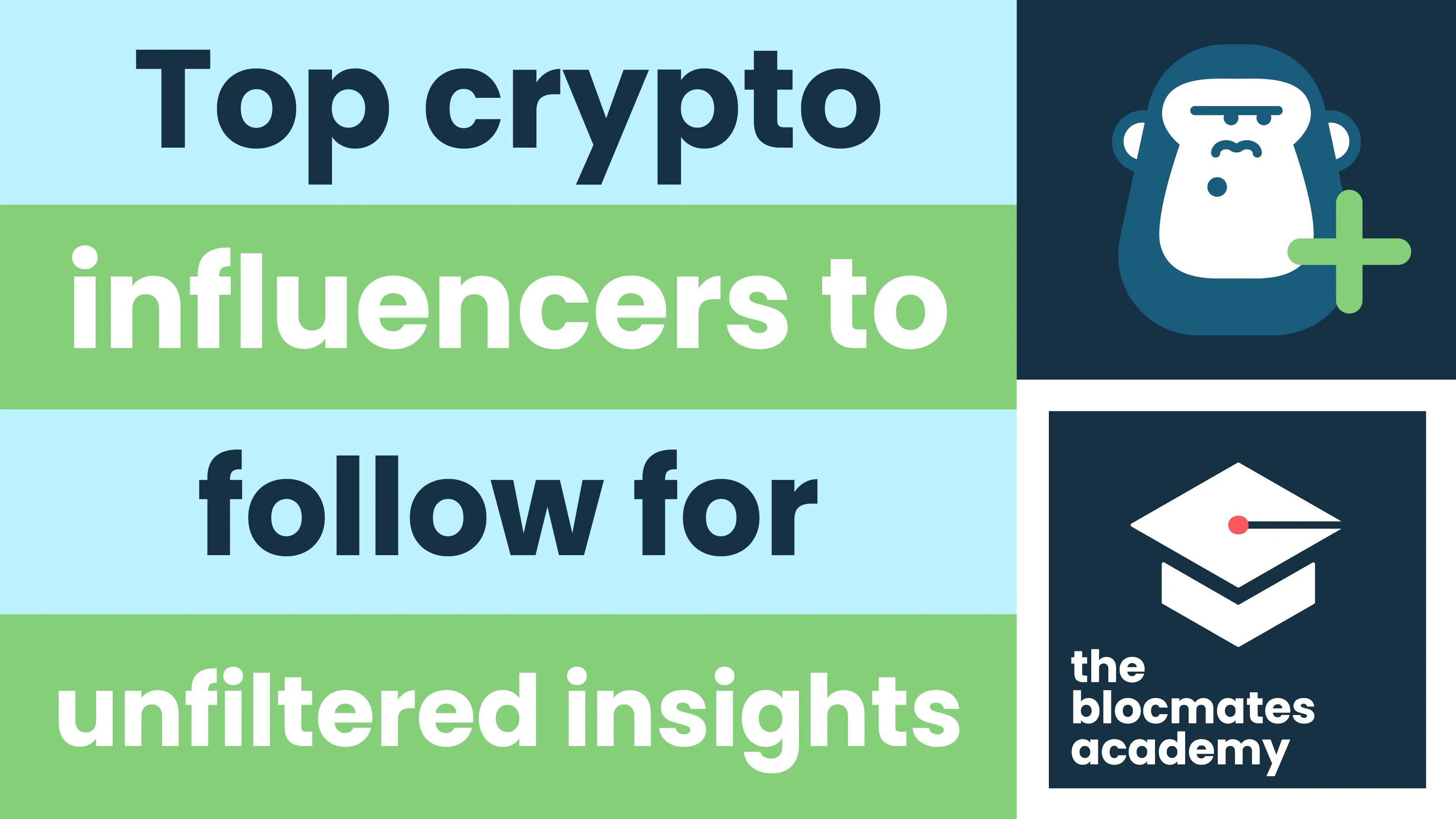





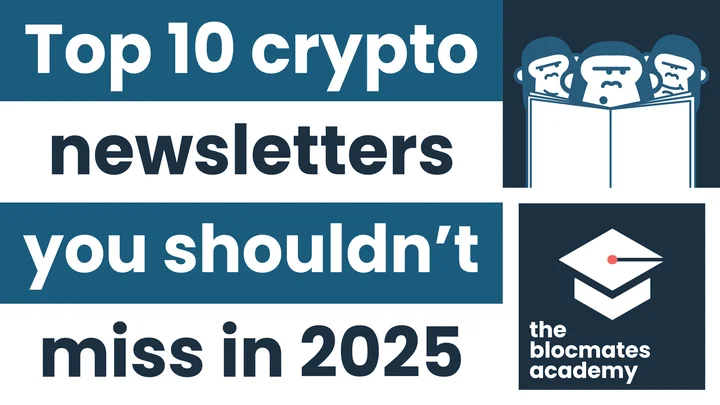










.webp)


.webp)









.webp)







.webp)




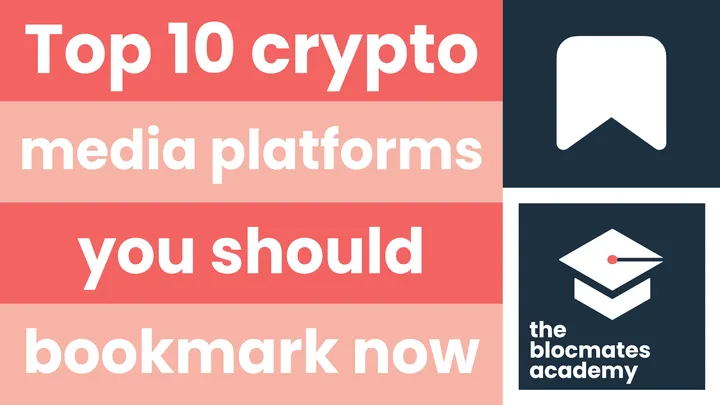






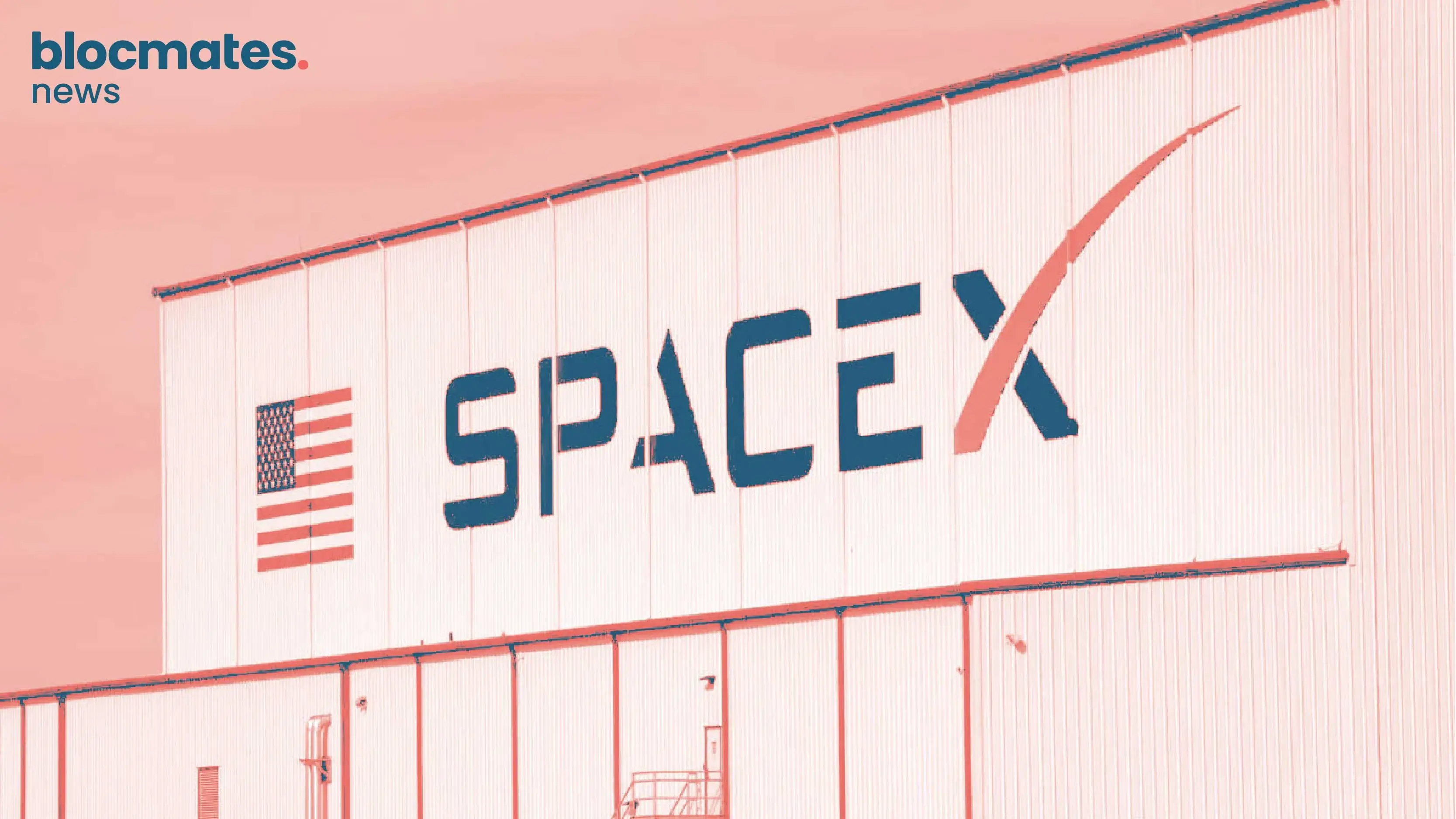

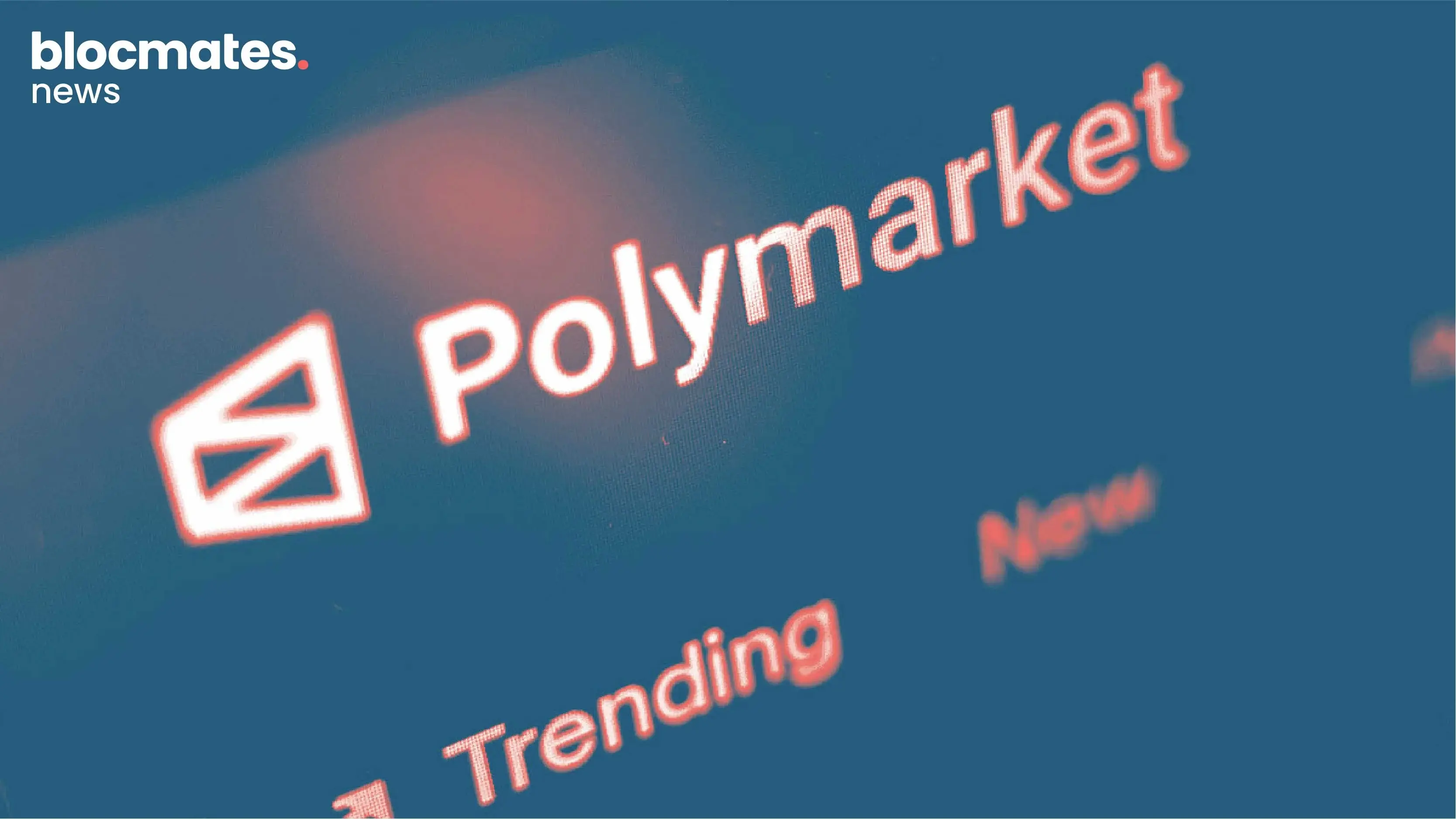
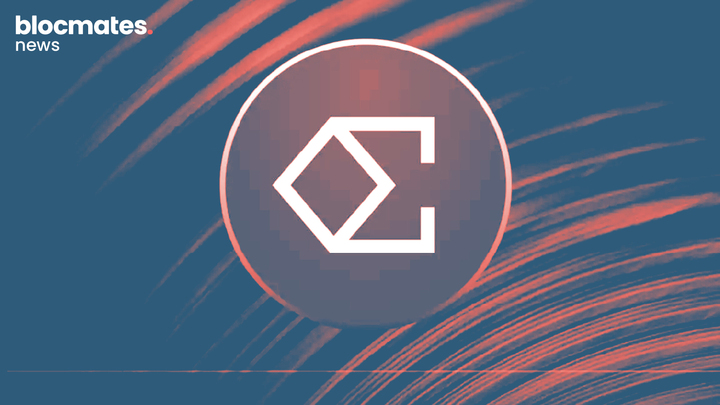
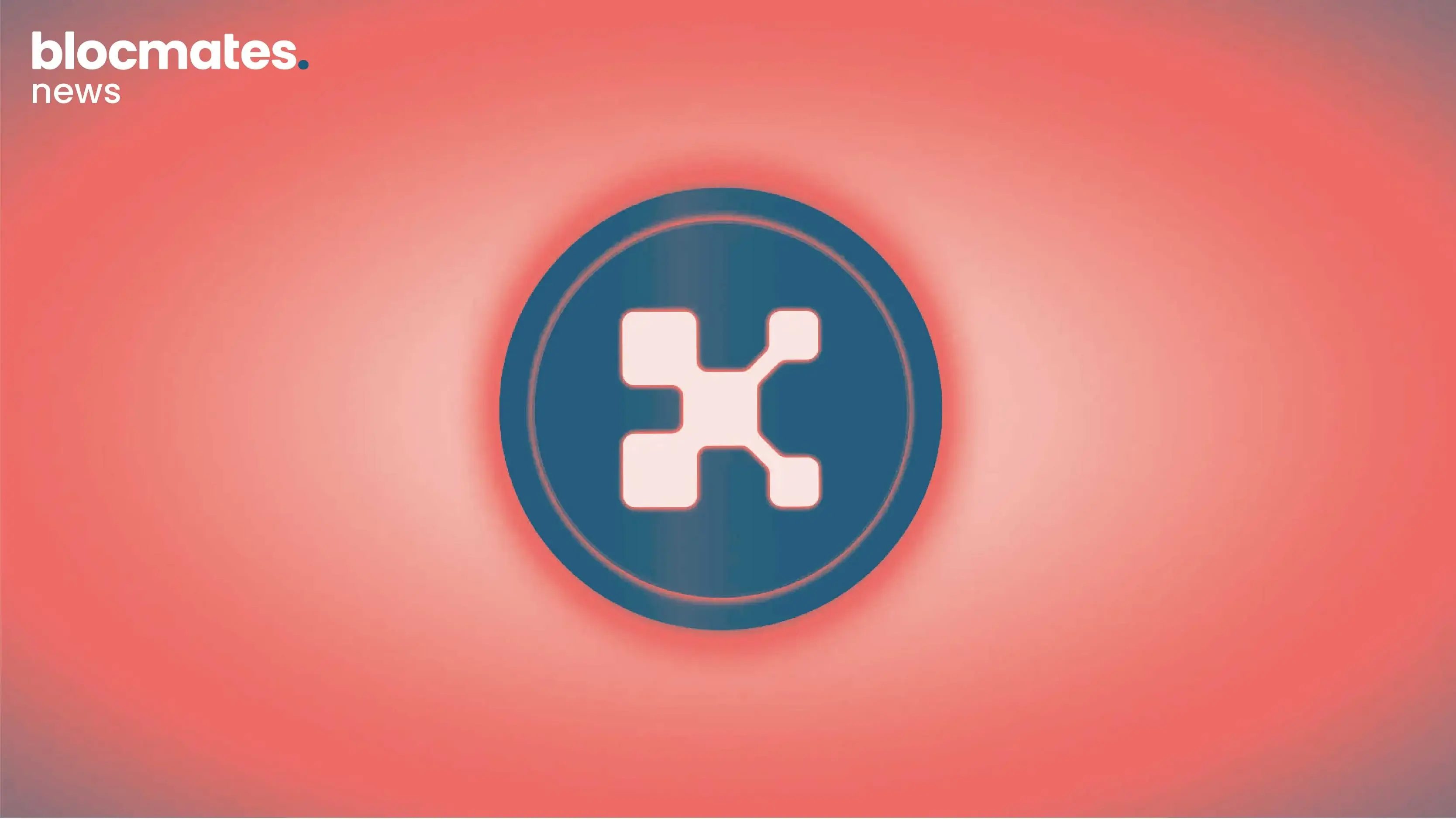
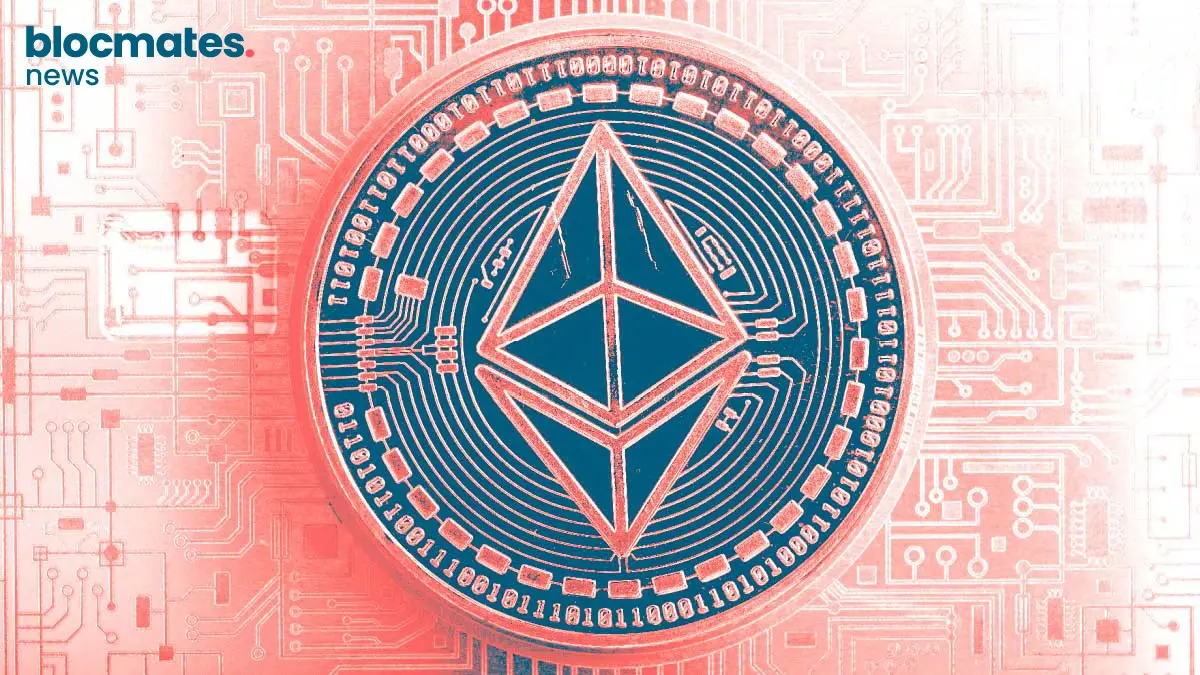
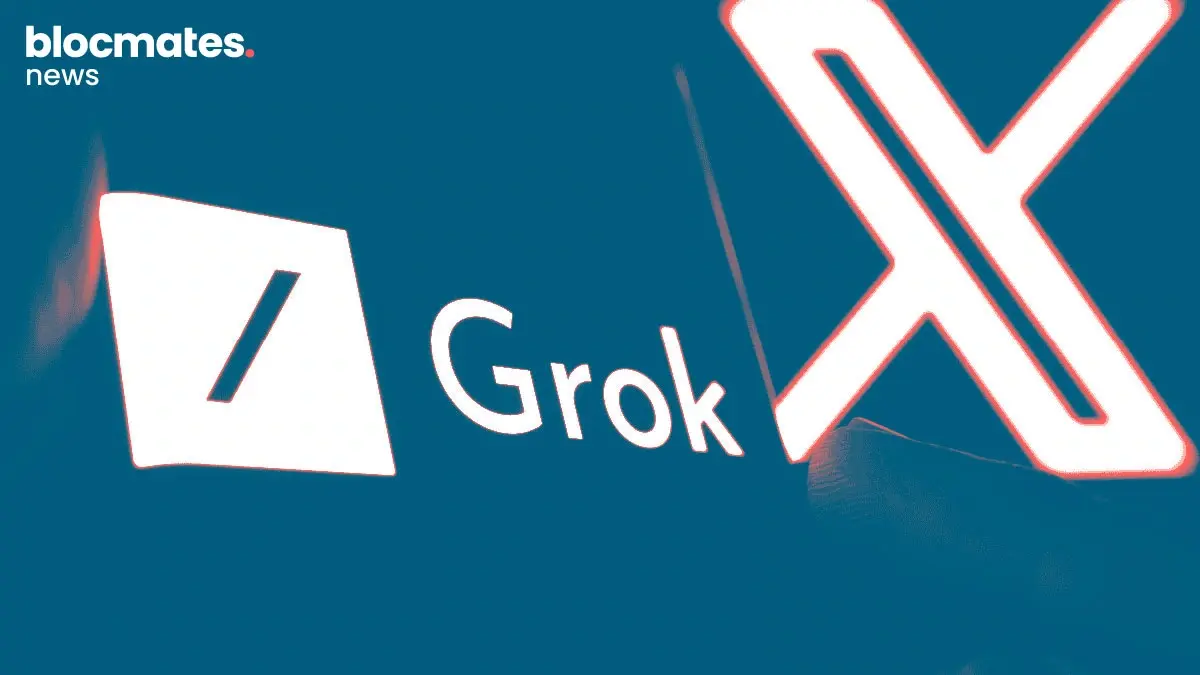
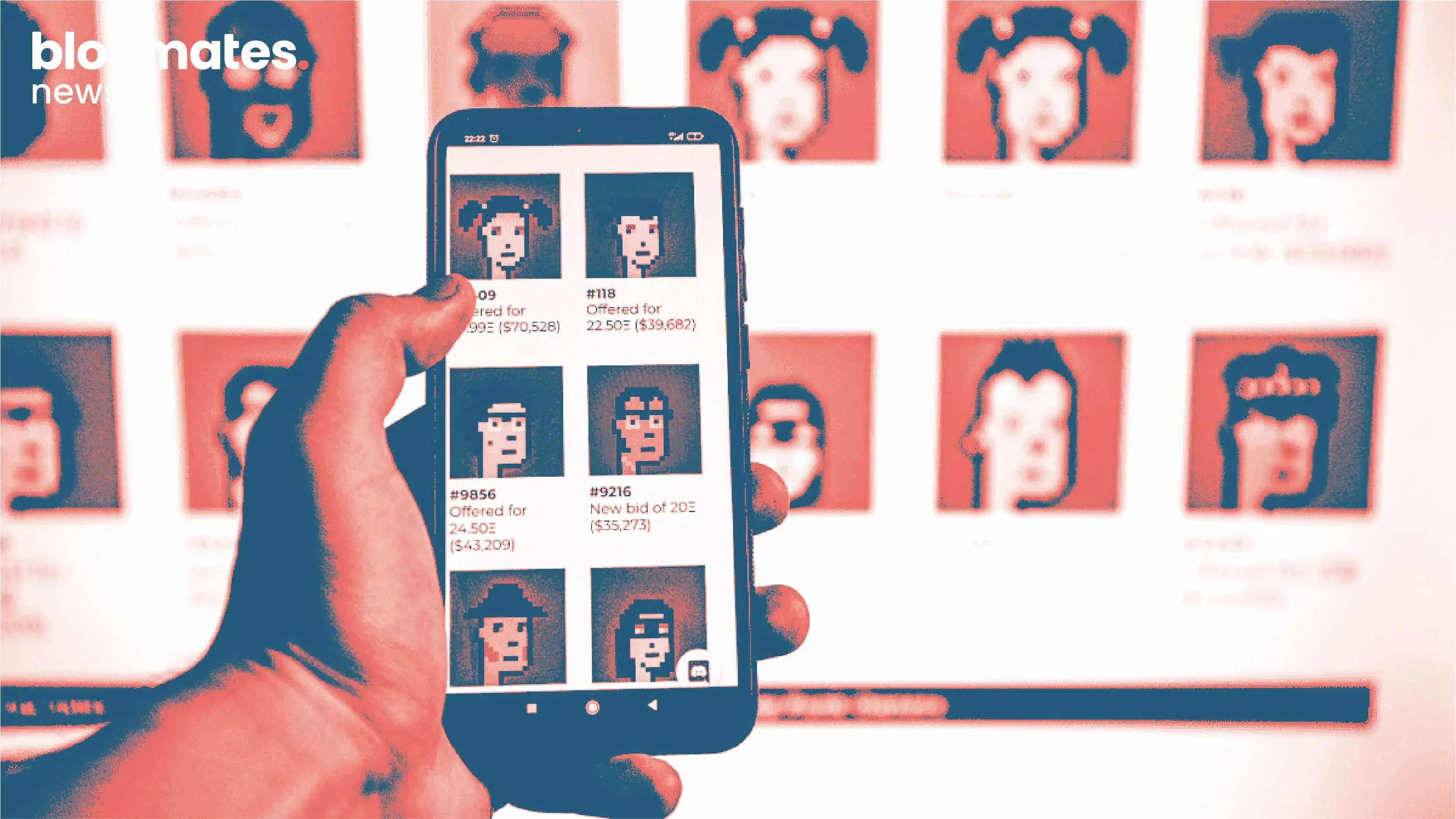
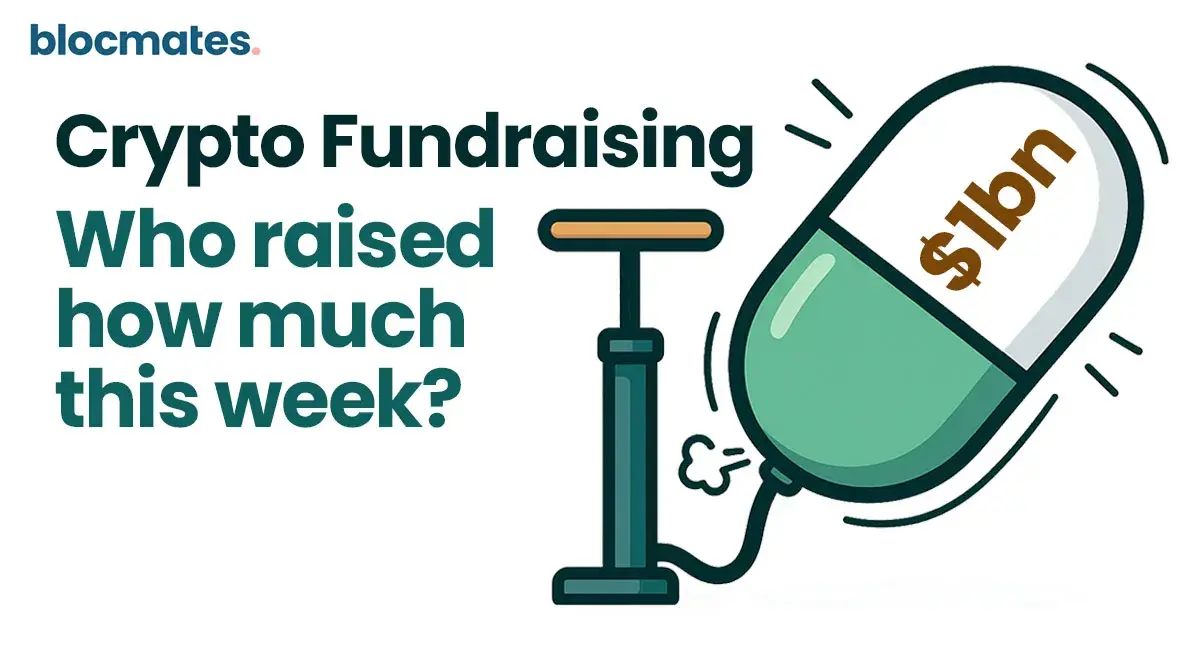
.webp)
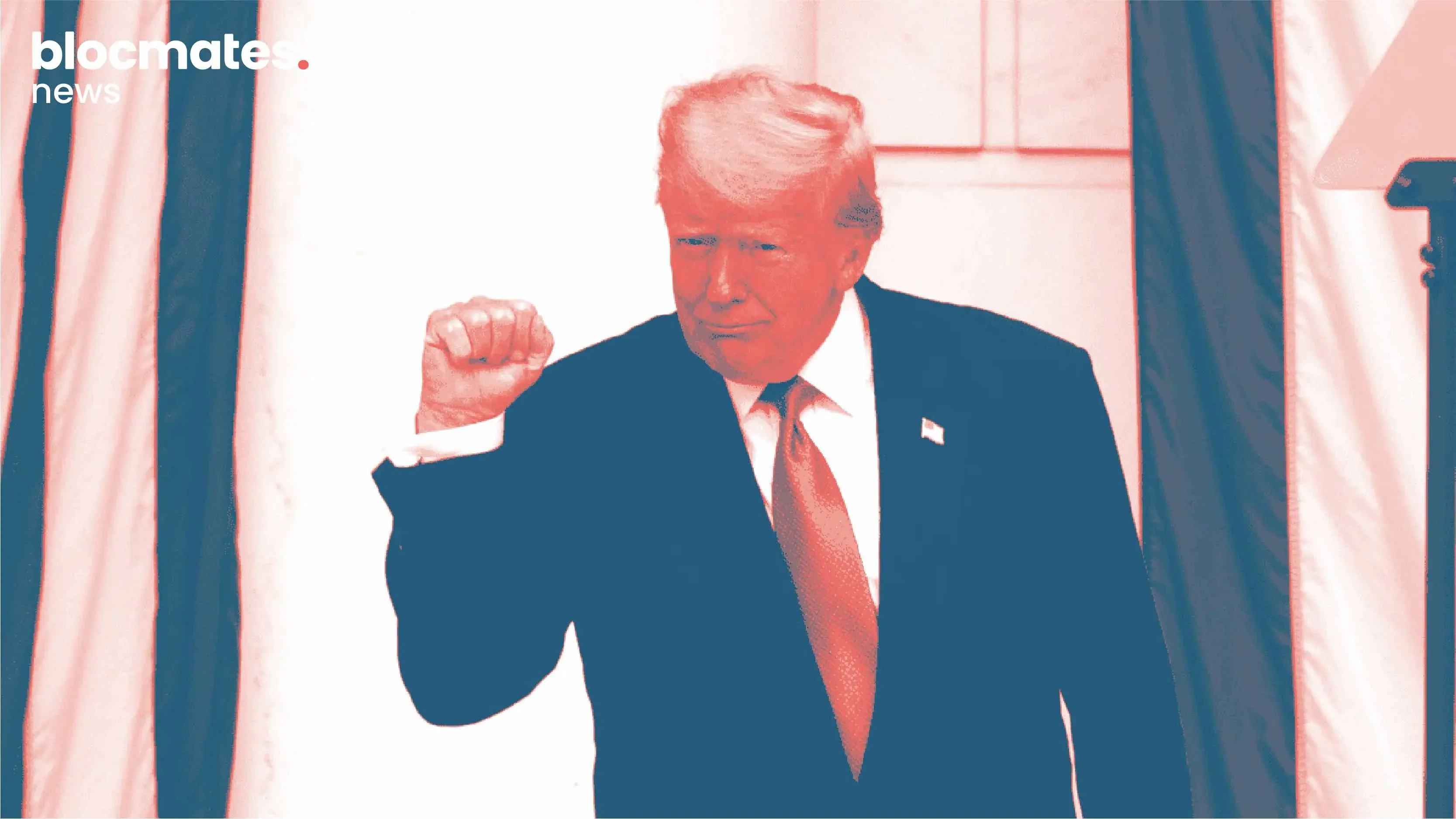




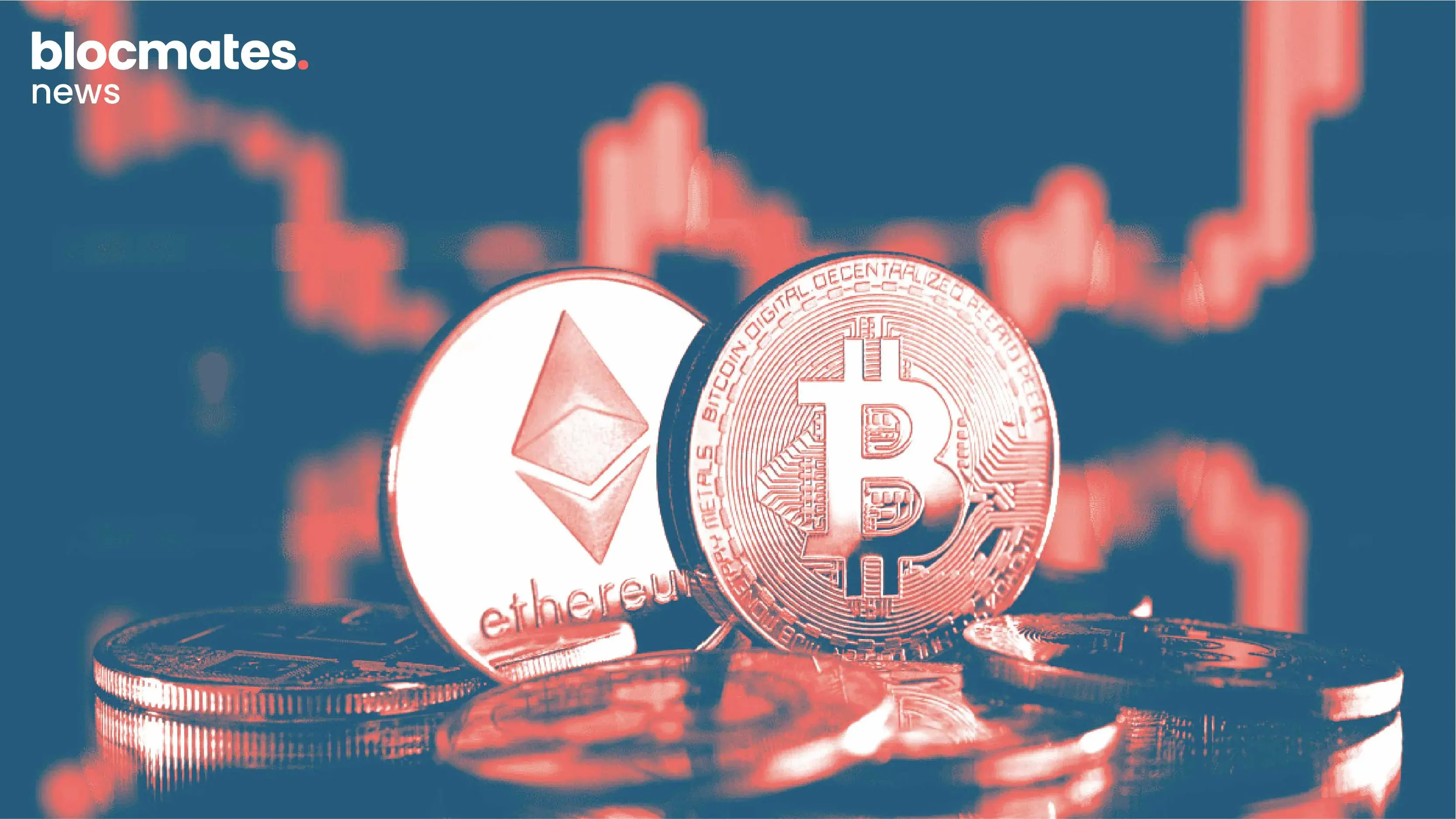
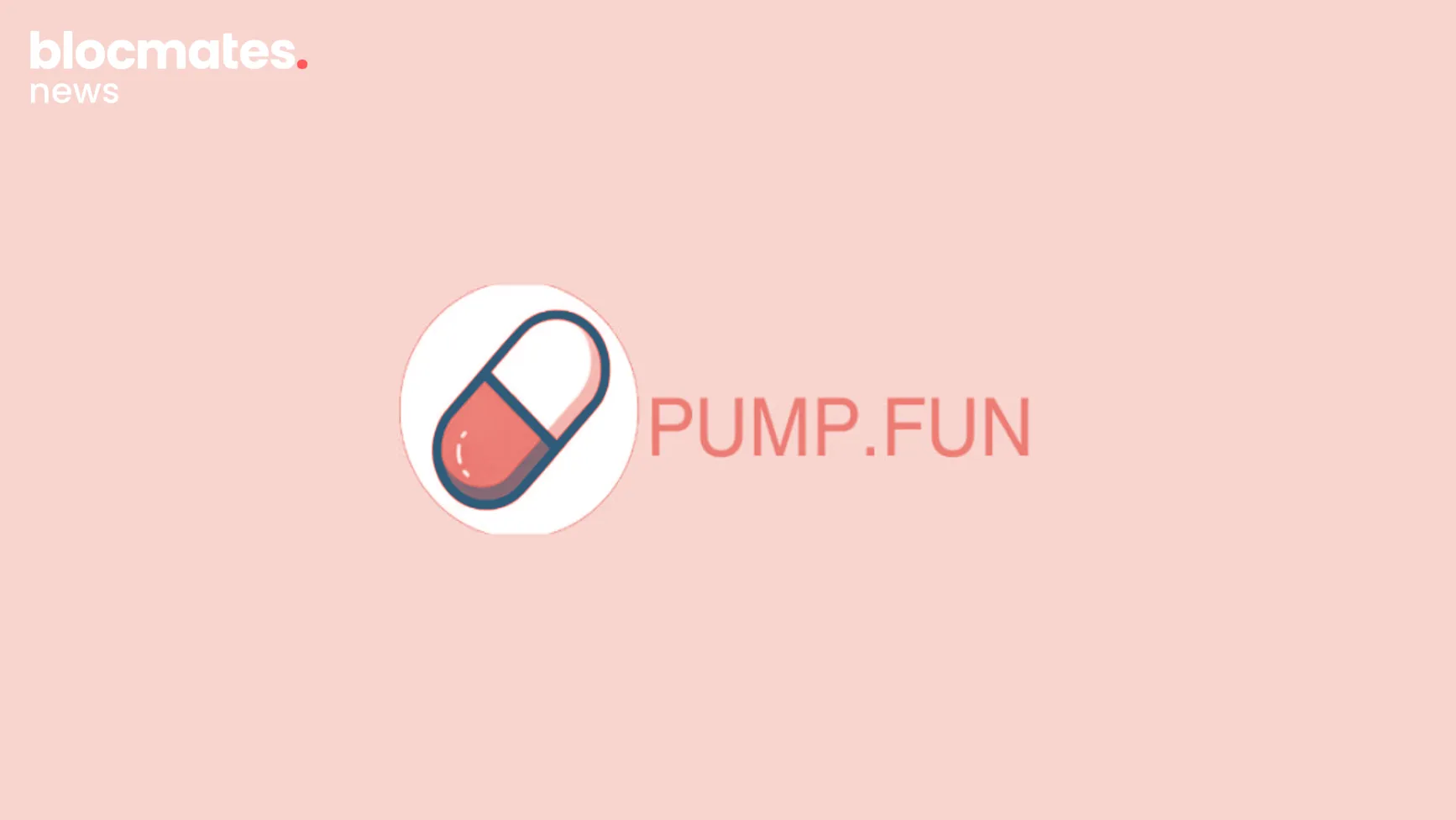
.webp)
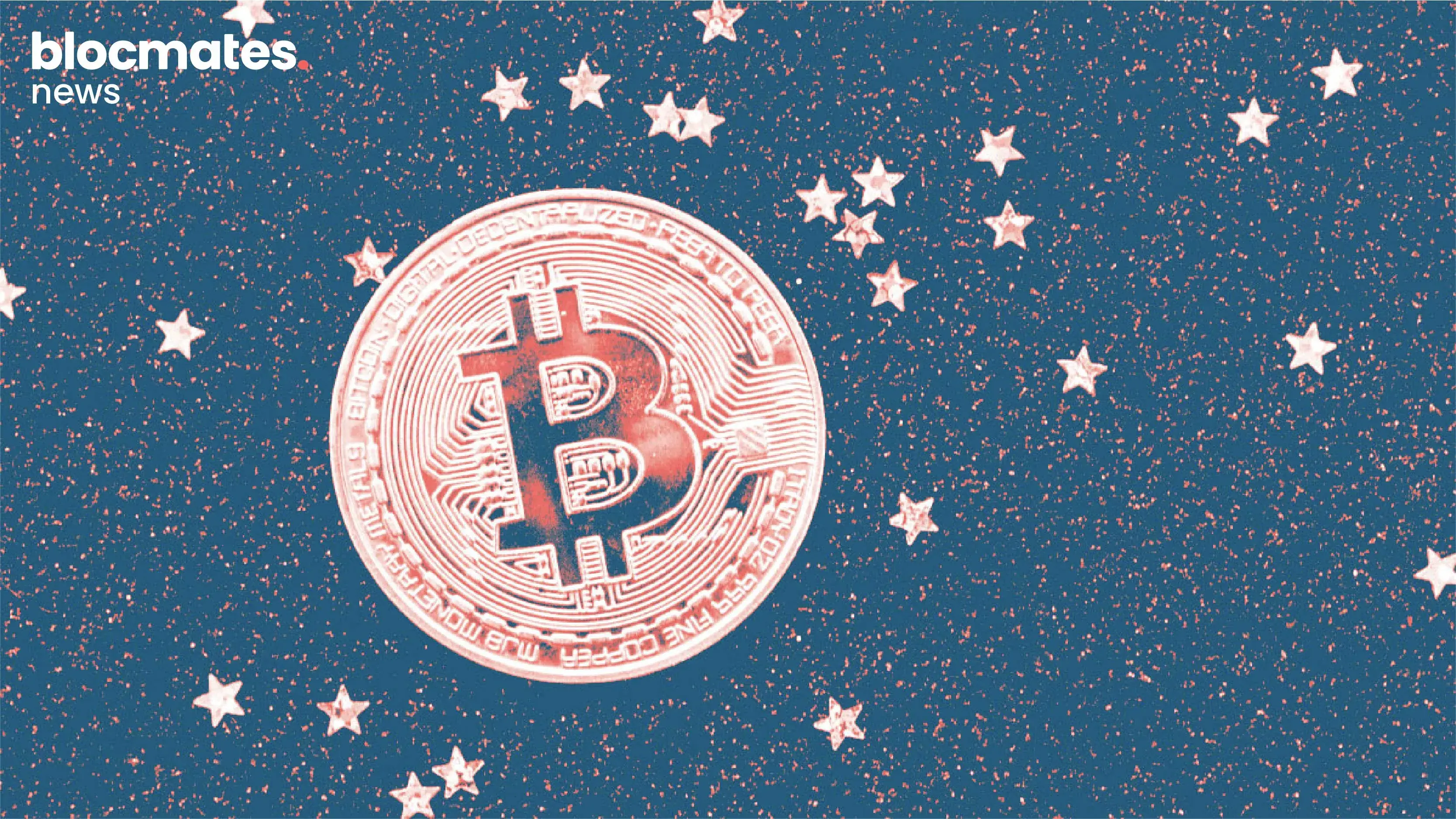



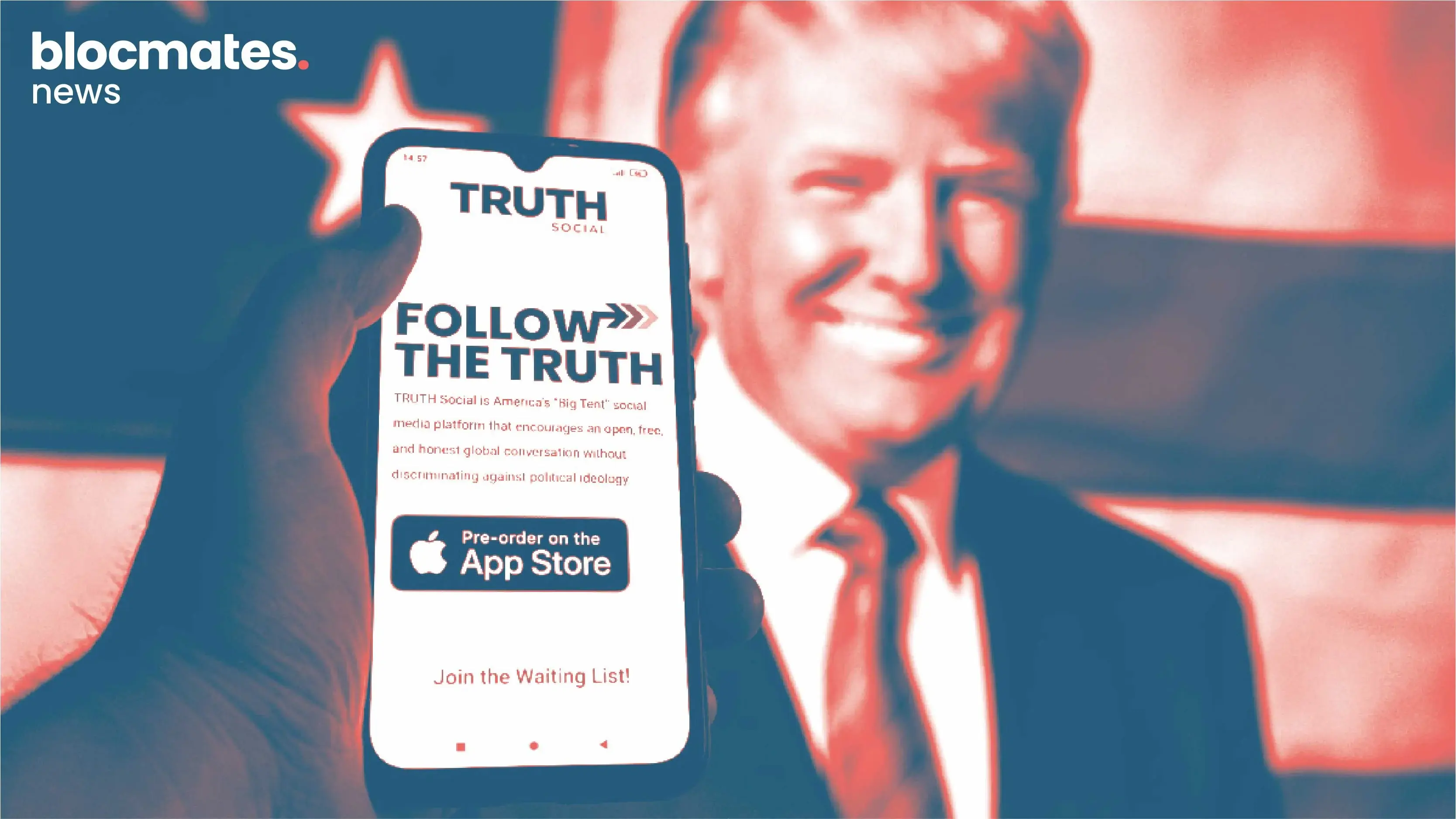


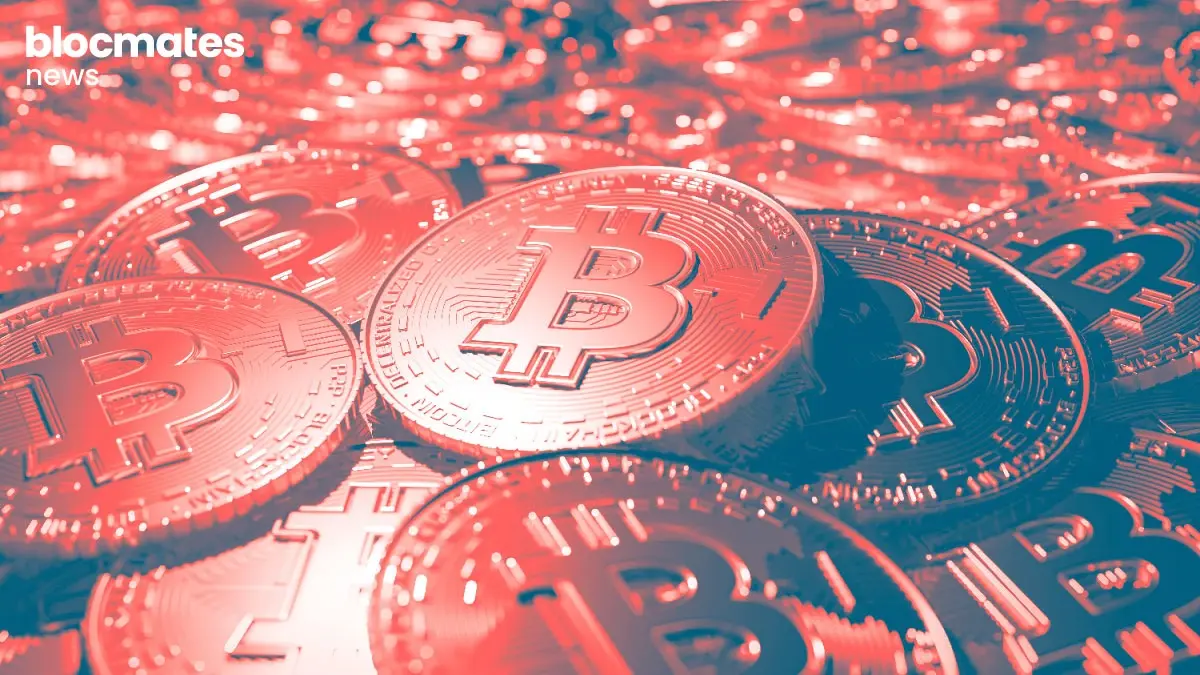













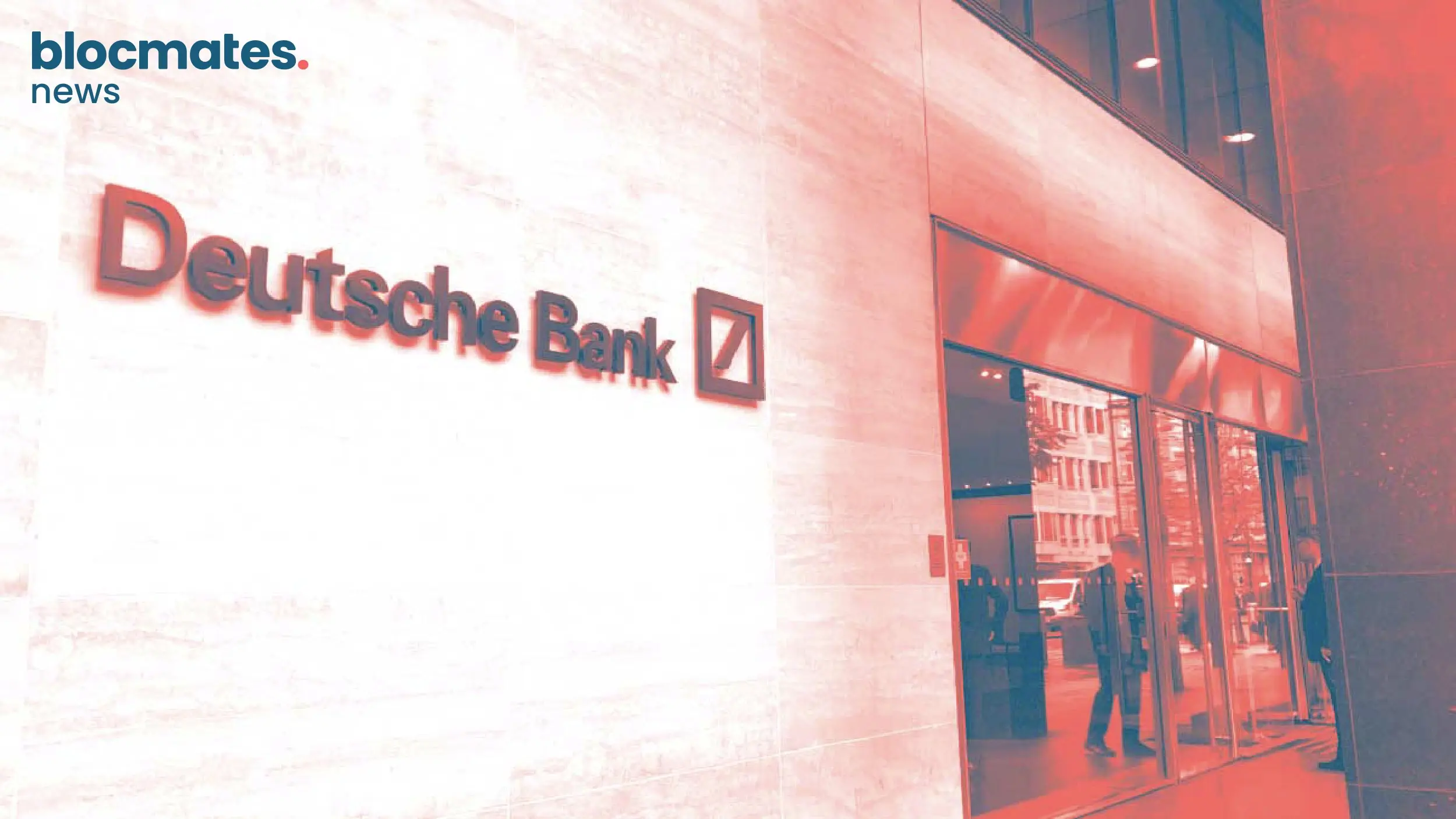

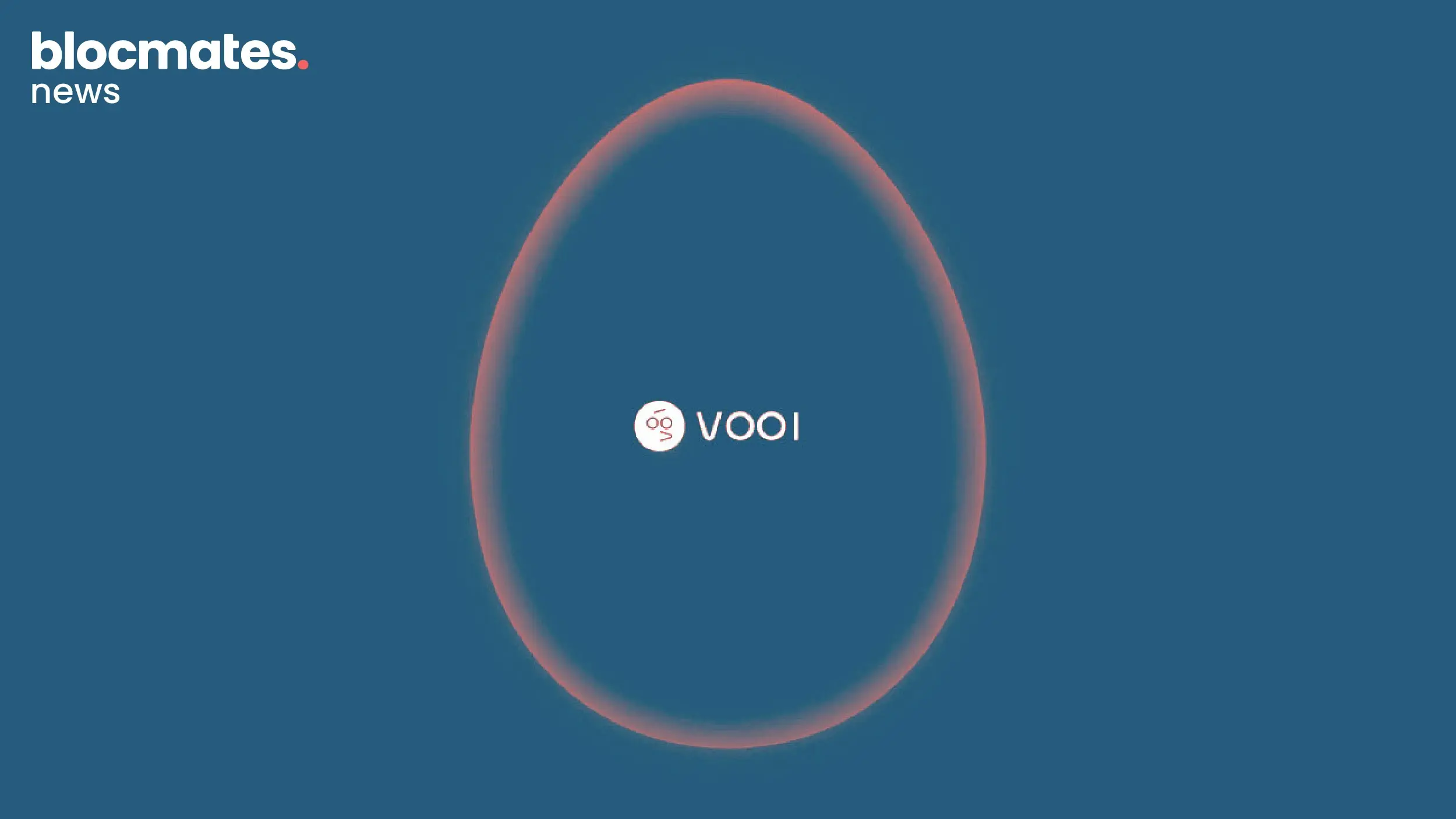
.webp)

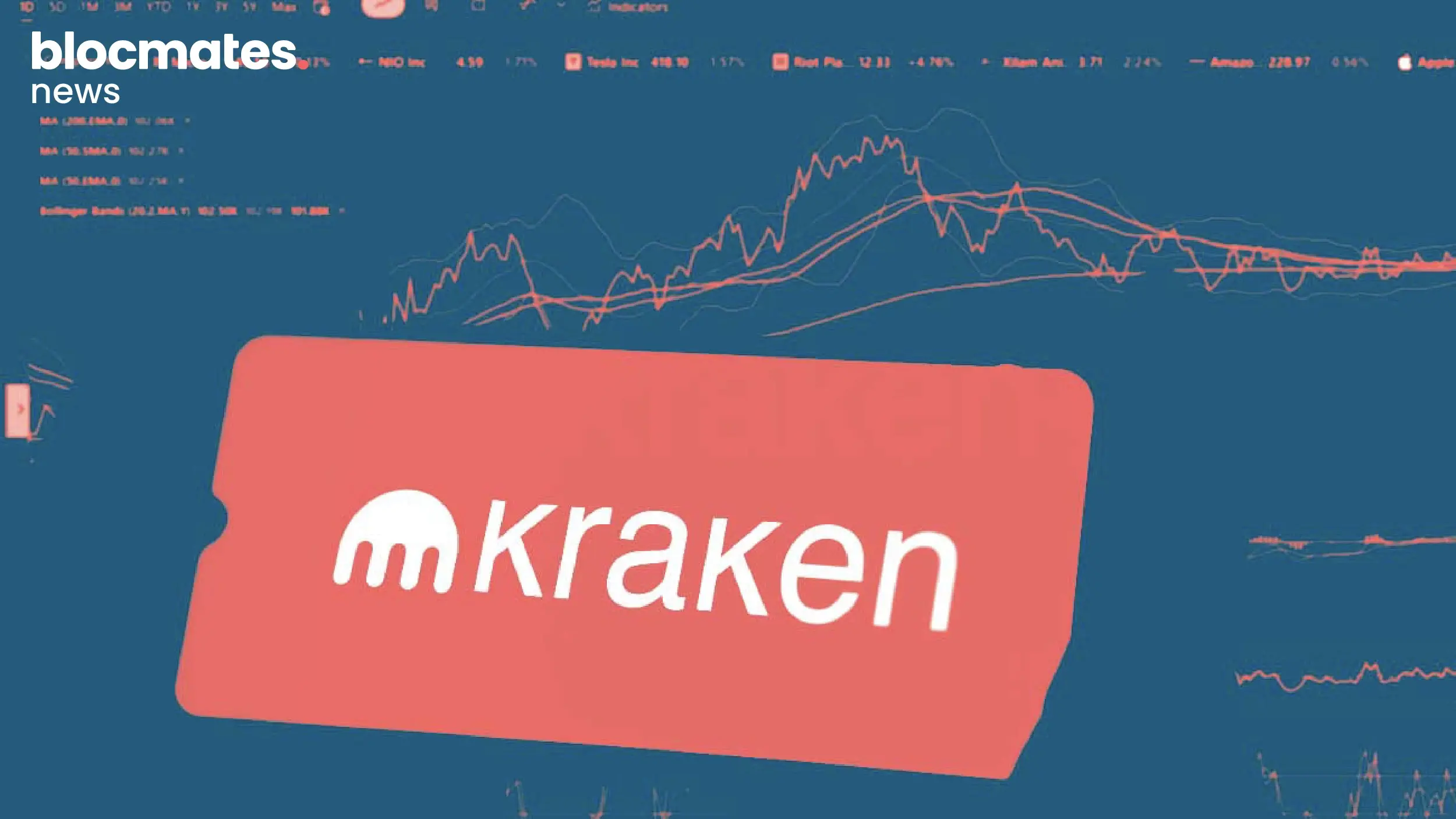
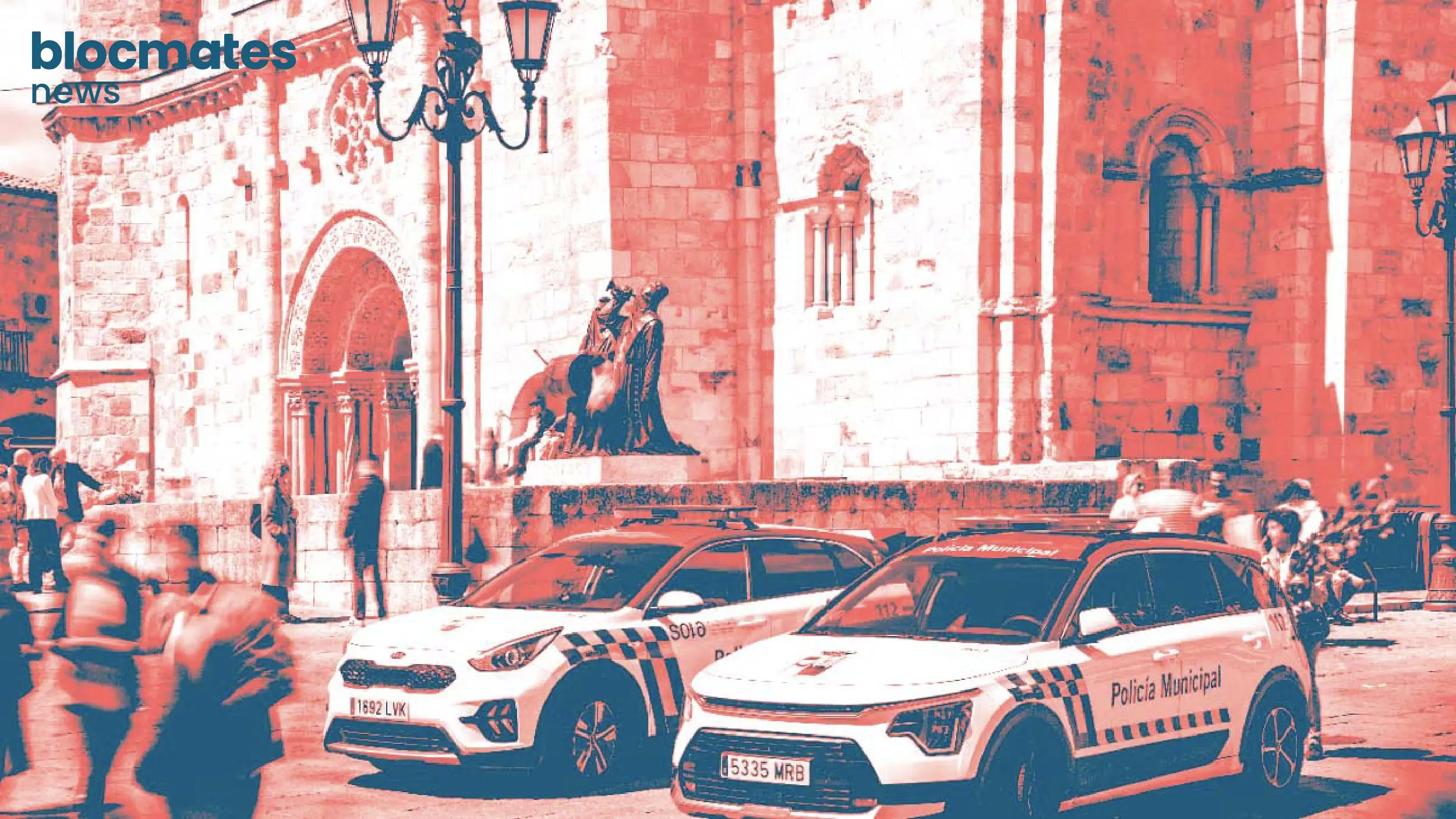

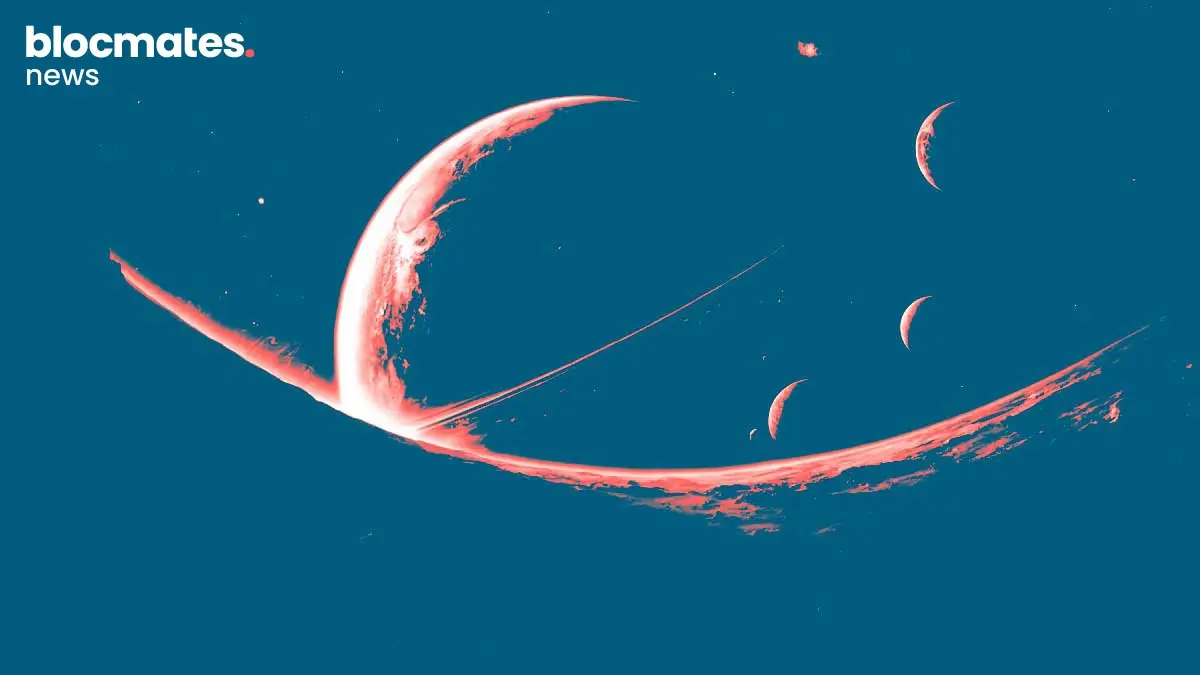
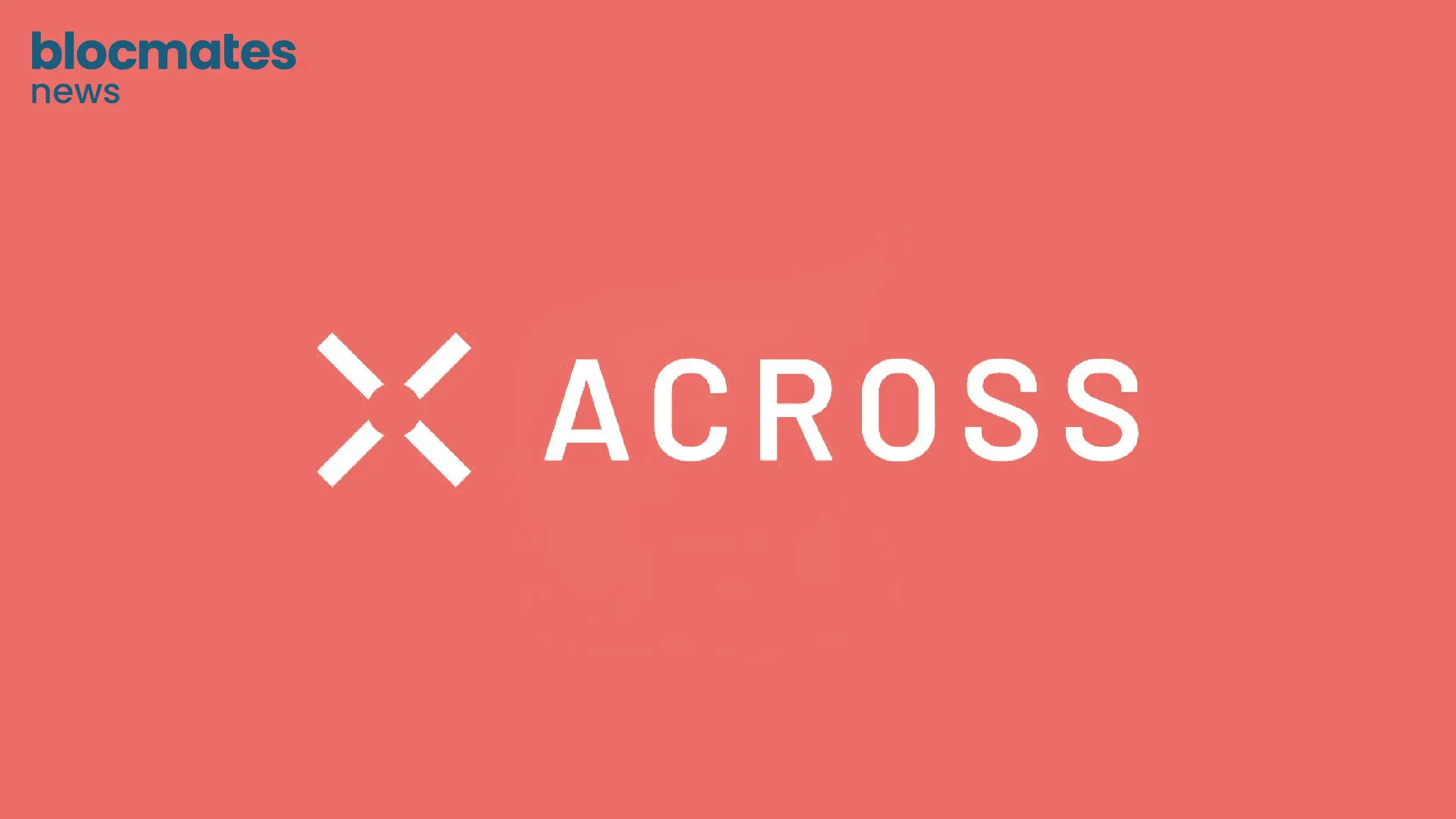
.webp)
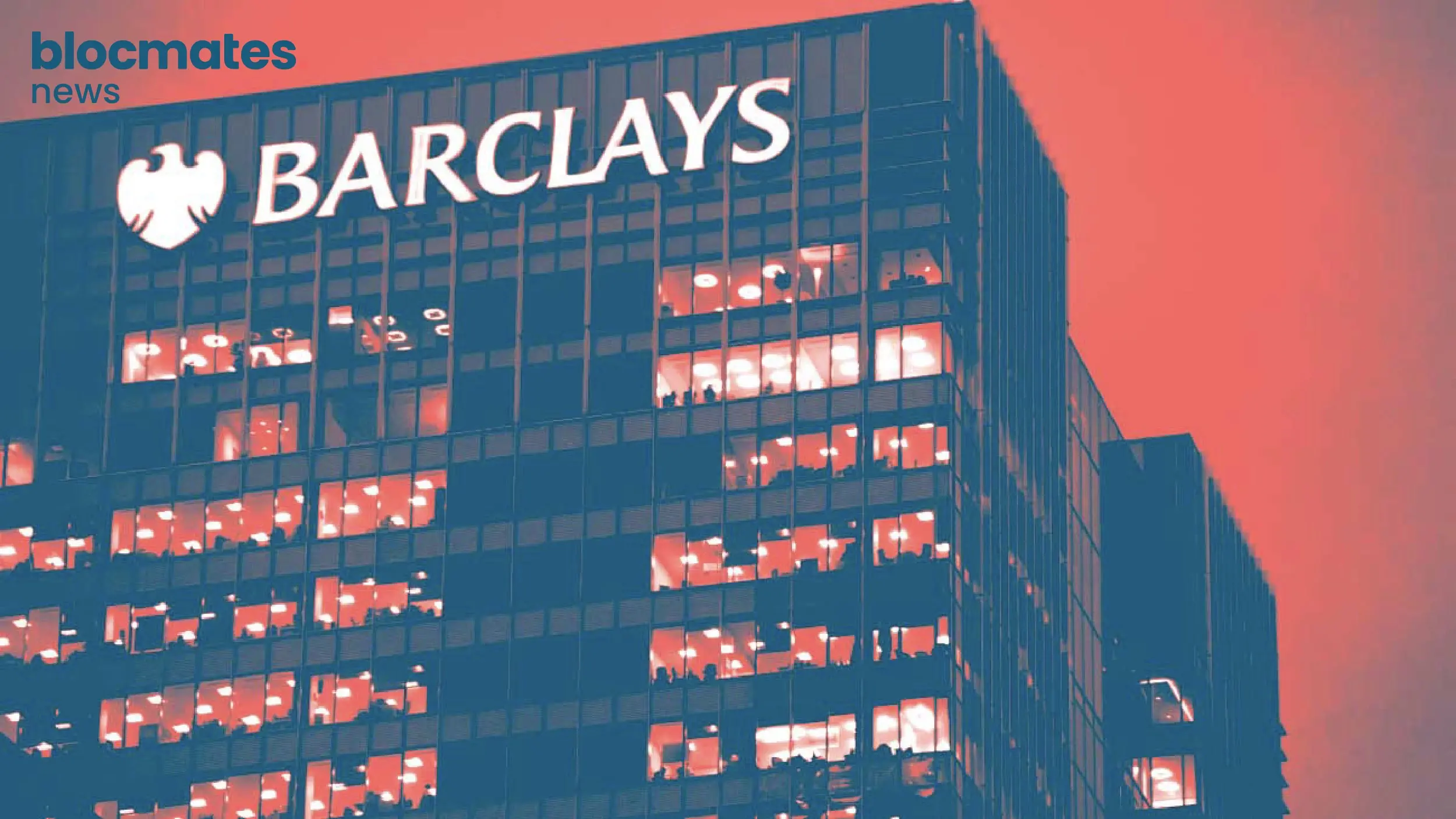


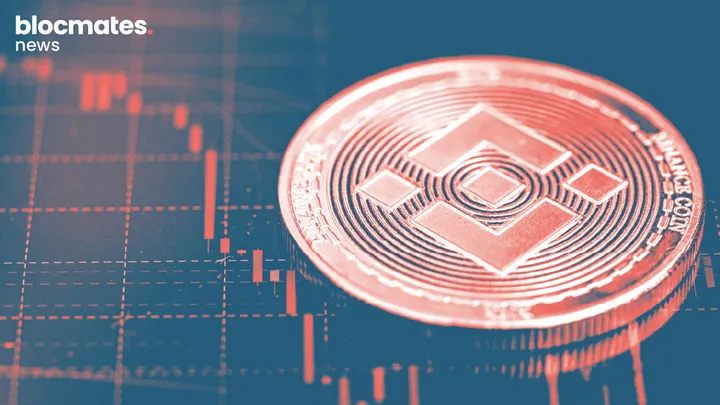
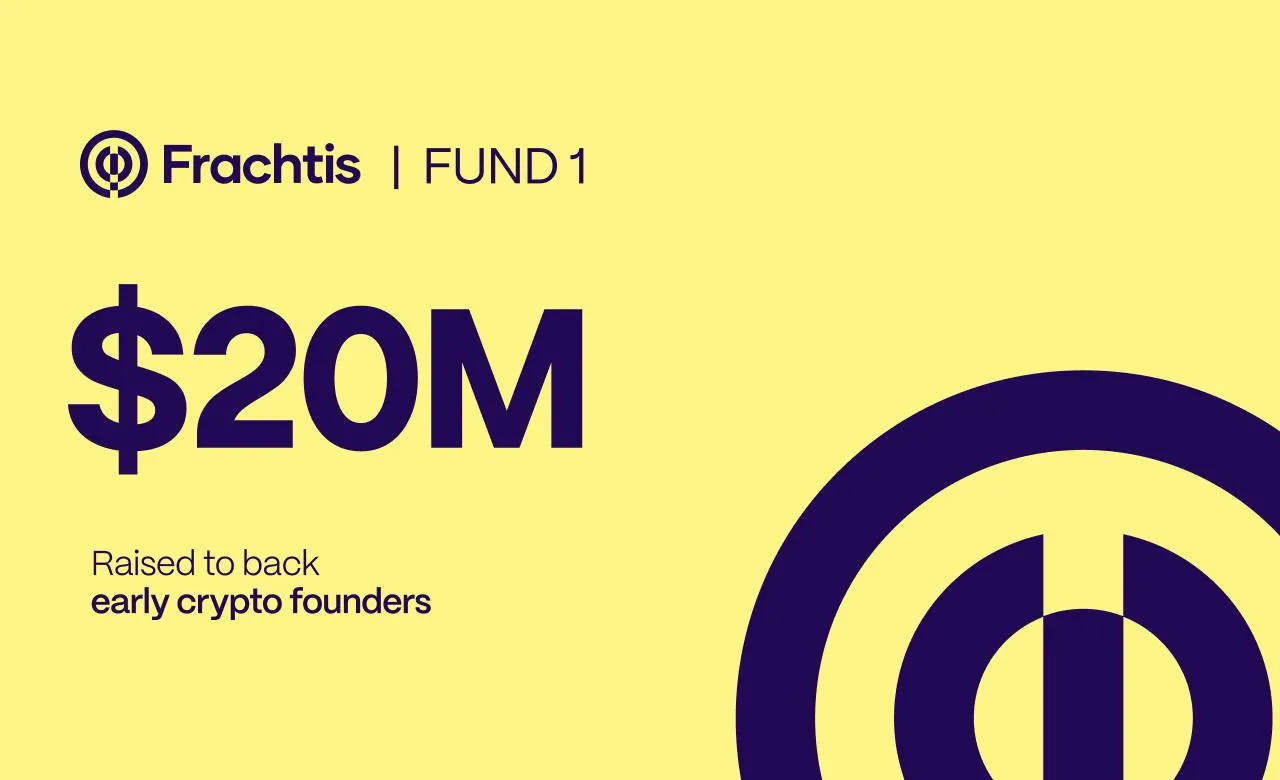





.webp)



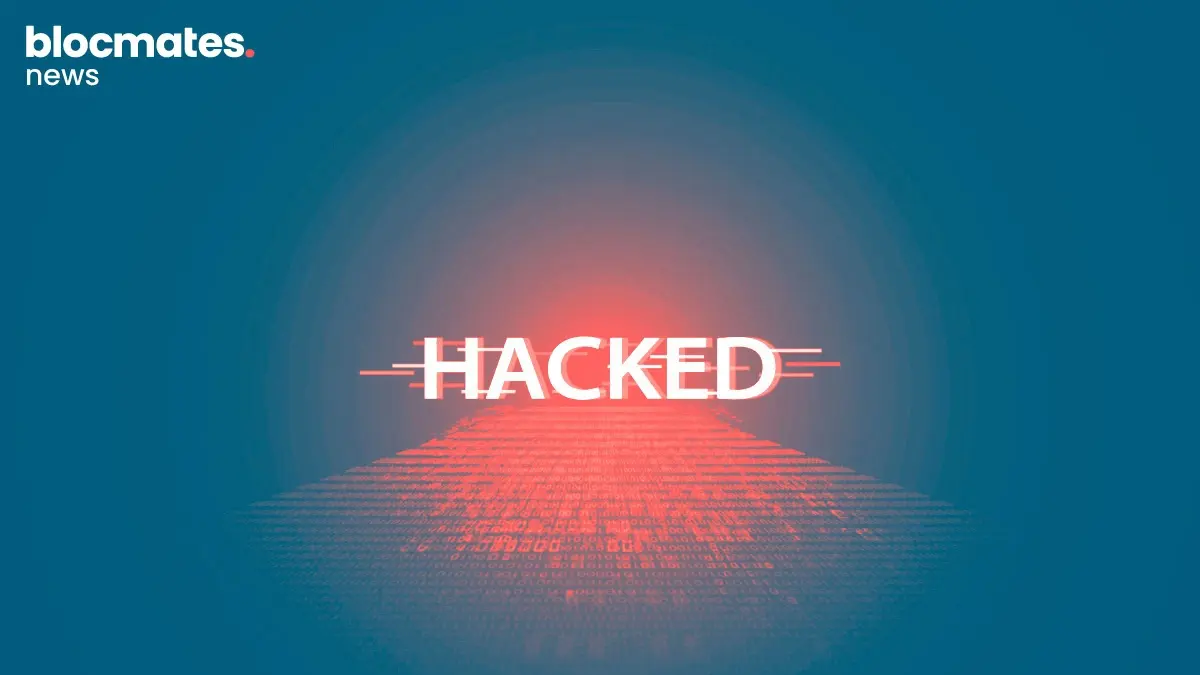
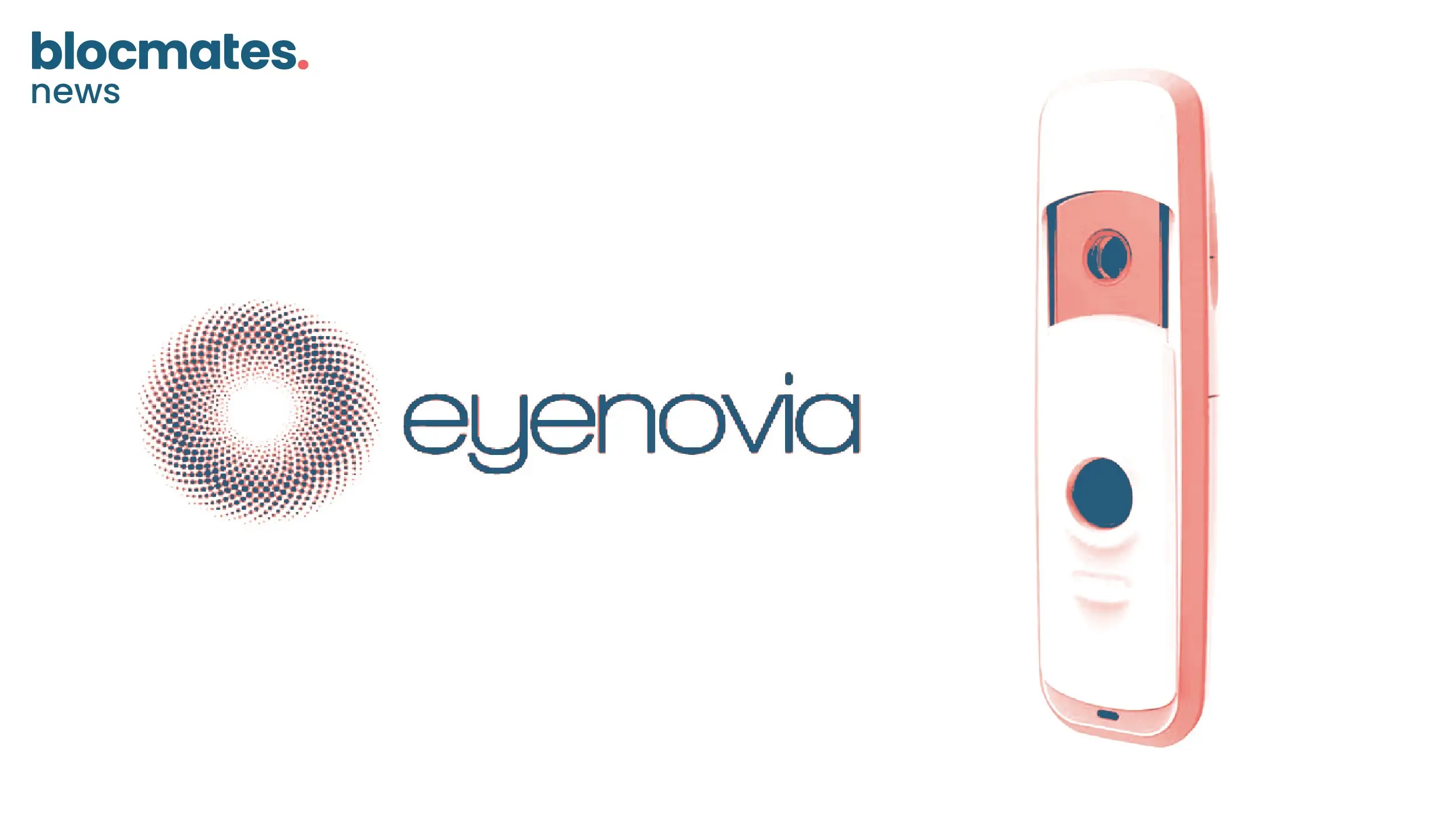



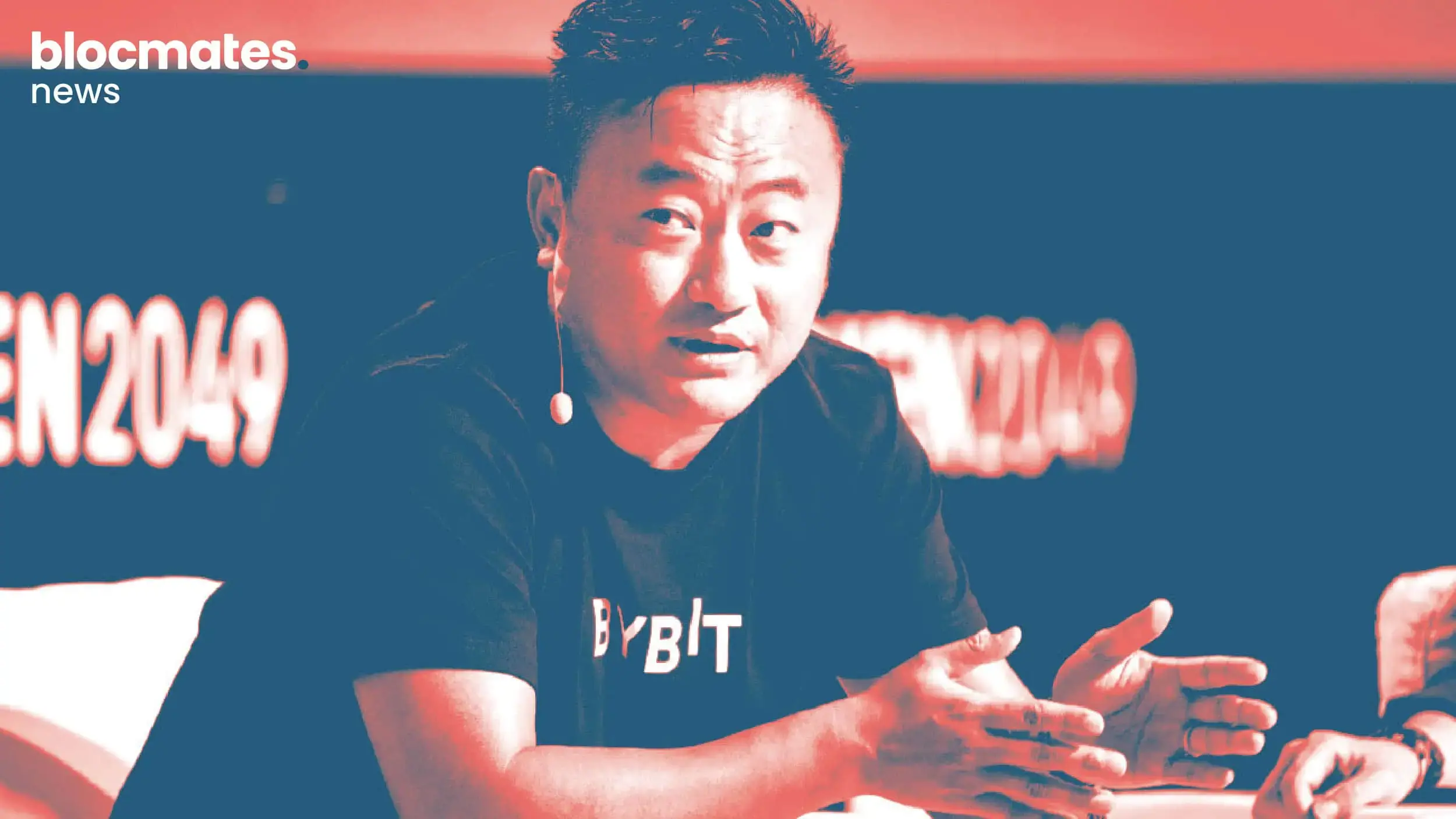
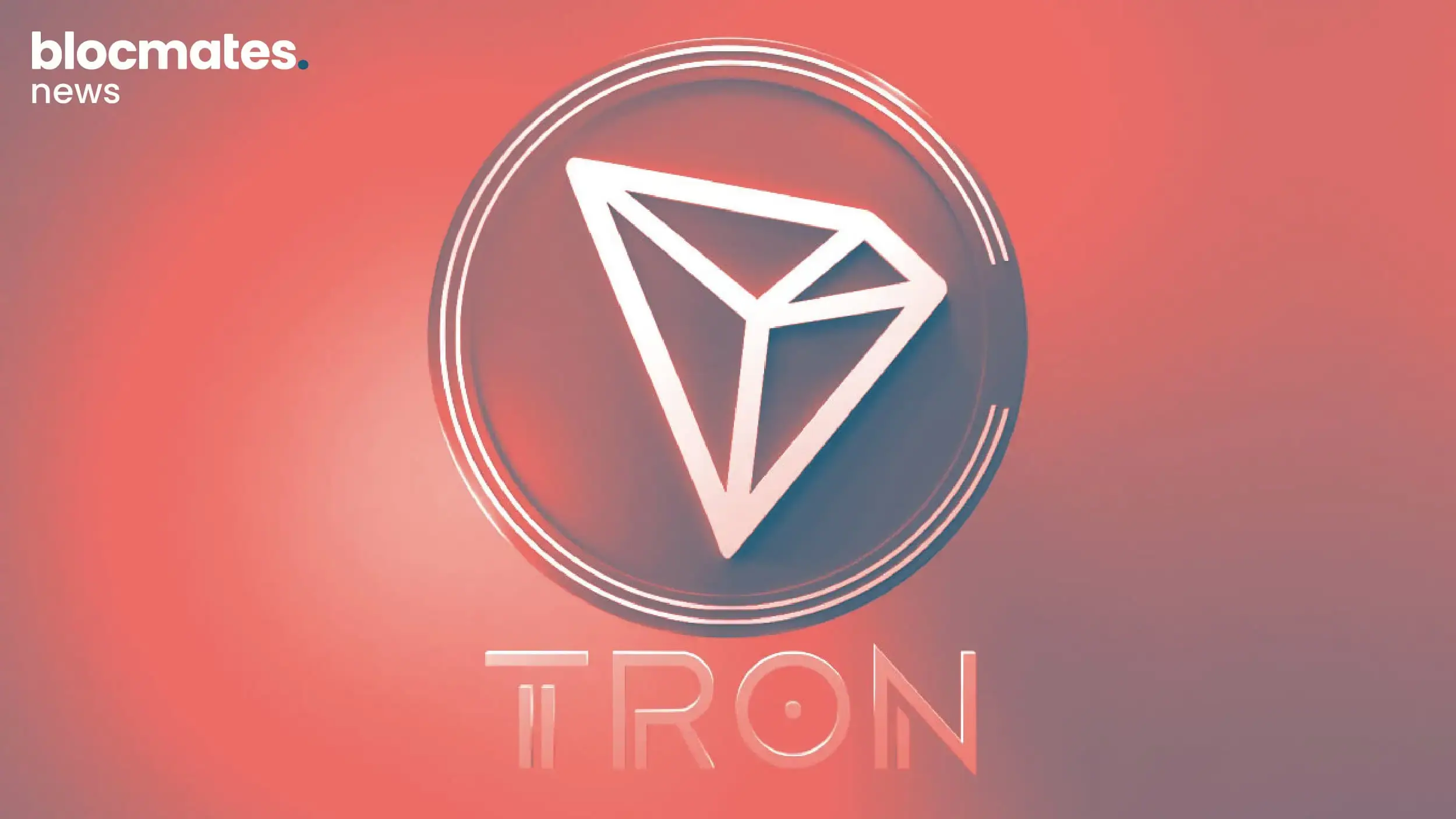
.webp)
.webp)
.webp)
.webp)
.webp)
.webp)

.webp)
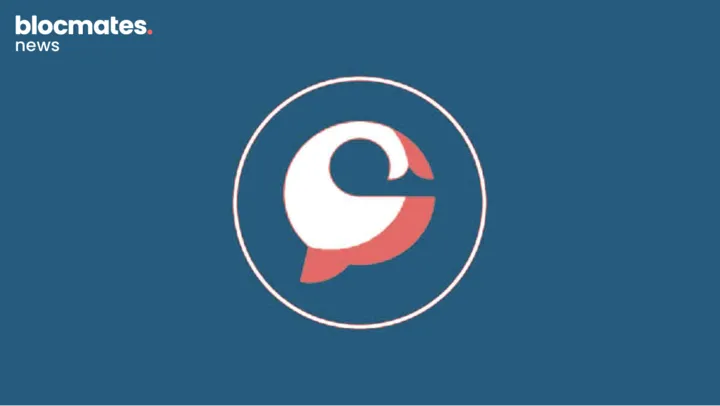








.webp)
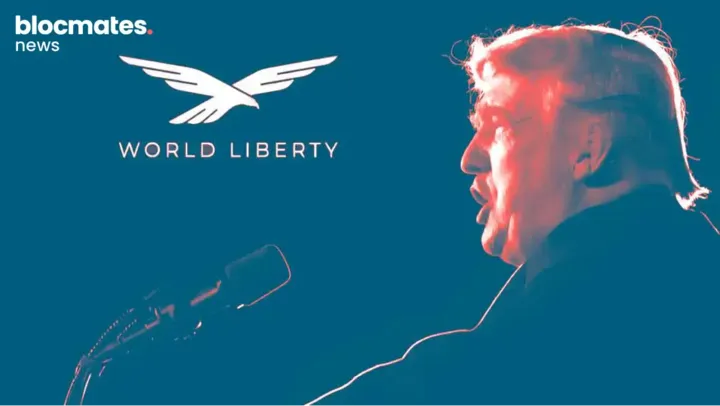
.webp)
.webp)
.webp)
